
University of Stuttgart Fees and Cost of Studying for Indian Students 2025-26
University of Stuttgart offers 114 courses across Master and Bachelor levels. U of Stuttgart is well-known for courses in fields like Sciences, Engineering and Arts. The popular courses among international students at University of Stuttgart include:
- Master of Science [M.S] Computer Science (298 Views Last Year)
- Master of Science [M.S] Electrical Engineering (148 Views Last Year)
- Master of Science [M.S] Aerospace Engineering (118 Views Last Year)
How Much Does it Cost to Study at University of Stuttgart for Indian Students?
University of Stuttgart Cost 2025 for Popular Courses among Indian Students is as tabulated below
University of Stuttgart Fees for Indian Students
- The cost for University of Stuttgart M.S Computer Science is EUR 3000/Year (₹3.06 Lakhs). In 2023, the fee was EUR 3000/Year (₹3.06 Lakhs). The fee has remained unchanged.
- University of Stuttgart M.S Electrical Engineering fee 2024 is EUR 3000/Year (₹3.06 Lakhs), compared to EUR 3000/Year (₹3.06 Lakhs) in 2023. The fee has remained unchanged.
- The 2024 fee for M.S Aerospace Engineering at University of Stuttgart is EUR 3000/Year (₹3.06 Lakhs). In 2023, the fee was EUR 3000/Year (₹3.06 Lakhs). Compared to the previous year, fee has remained unchanged.
University of Stuttgart Cost of Living
The annual cost of living in Stuttgart, Germany for University of Stuttgart students is approximately EUR 3120 (INR 3.18 Lakhs). This includes rent, utilities, food, transport, and other personal expenses.
Also Check:
Popular Programs and Important Dates
| Program | Important Dates | Fees | Eligibility |
|---|---|---|---|
M.S Computer Science 2 years | Application Deadline For Summer 2026 Intake (15th Jan 2026) | USD 3,480 /Yr EUR 3,000 /Yr | IELTS:- 7.0, TOEFL:- 95 |
M.S Electrical Engineering 2 years | Application Deadline For Summer 2026 Intake (15th Jan 2026) | USD 3,480 /Yr EUR 3,000 /Yr | IELTS:- 7.0, TOEFL:- 95 |
M.S Aerospace Engineering 2 years | Application Deadline For Summer 2026 Intake (15th Jan 2026) | USD 3,480 /Yr EUR 3,000 /Yr | - |
M.S Mechanical engineering 2 years | Application Deadline For Summer 2026 Intake (15th Jan 2026) | USD 3,480 /Yr EUR 3,000 /Yr | - |
Application Deadline For Winter 2025 Intake (15th Oct 2025) | USD 3,480 /Yr EUR 3,000 /Yr | IELTS:- 6.0, TOEFL:- 79 | |
Application Deadline For Summer 2026 Intake (15th Jan 2026) | USD 3,480 /Yr EUR 3,000 /Yr | - | |
M.S Information Technology 2 years | Application Deadline For Summer 2026 Intake (15th Jan 2026) | USD 3,480 /Yr EUR 3,000 /Yr | IELTS:- 7.0, TOEFL:- 95 |
M.S Electromobility 2 years | Application Deadline For Summer 2026 Intake (15th Jan 2026) | USD 3,480 /Yr EUR 3,000 /Yr | - |
Application Deadline For Summer 2026 Intake (15th Jan 2026) | USD 3,480 /Yr EUR 3,000 /Yr | IELTS:- 7.0, TOEFL:- 95, PTE:- 76 | |
M.S Materials Science 2 years | Application Deadline For Summer 2026 Intake (15th Jan 2026) | USD 3,480 /Yr EUR 3,000 /Yr | IELTS:- 6.5, TOEFL:- 90 |
Do you think the Dates are wrong ? Report Here
STEM Course
Course Finder - Search from 50K+ courses
Popular Streams:
University of Stuttgart Reviews
30 Reviews Found
Likes
- The location of campus far from the distractions of the city makes it cosy and peaceful. There student accomodations are excellent and within an easy reach of each lecture halls. The technical facilities of every depertment- especially the engineering and physics, are at the top. Stuttgart is a stunning city.
Dislikes
- The inter department events are lacking. Some courses are too focused to specific subjects that could limit the inter disciplinary aspects for some students.
Course Curriculum
- Top notch. The professors are of great experience and experts in their own fields. Since the university is a technical uni, the focus is on research. For natural science, it's fundamental research with nearly no industry collaborations, while the engineering department has few links to companies. Especially the engineering students have the freedom to do their internships or projects with the companies.
- The lecture schedules are, on average, two lectures per week. With one lecture – that can go up to 1.5 hrs. There will be a lot of exercise classes where students have to solve problems that they have to present in the upcoming class.
- The natural science departments have a lower number of students, on average 15 per batch. While the engineering and IT classes can have up to 100 students per semester.
Fees
- The university of stuttgart has a tuition fee of 1500 Eur per semester and a semester contribution of around 200 Eur. This is for all courses.
Likes
- University offers very good student work opportunities .
- Univeristy offers collaboration with industry professionals .
Dislikes
- The curriculum is demanding , it is better to be well equipped with required software skills to pursue master course.
Course Curriculum
- The course syllabus was very well updated with market. They even research and develop new technologies in the field of sustainability which is extremely fascinating.
- Usually classes are 3 days and you can work as a professional for remaining 2 workdays.
- ITECH masters have 25 number of students in one academic year.
Fees
- The fees are usually 4000 Euros per year!
Course Curriculum
- The curriculum is up to the modern market requirements. Most of the things that are taught are currently used in the companies and the difficulty level is medium if you have correct basic knowledge about the course. The positive impact is that the research and things that are taught are the same ones that are being done in the companies.
- There are around 3-4 classes per day, which range from 8am to 7pm. The average number of students would be 40-50 per class but it can vary depending on the subject. Around 30% students are indian
Fees
- The total fees per semester are around 1700 euros, out of which 1500 euros is the tuition fee and the rest is university fees.
- The uni fee is charged semester-wise. Apart from that, if you live in the student dorm, the monthly rent is around 375 euros and another 150 euros for medical insurance. The food costs around 100 euros and another 50 euros goes in the miscellaneous
Likes
- The University of Stuttgart has strong presence of International students making it culturally diverse and offers a chance to connect with students from other countries.
- The quality of education is very high and the teaching content is closely related to the skills required in the industry. Especially in Electrical Engineering there are many different majors to choose from targeting many sub-domains in Electrical field ranging from Power Electronics, Smart systems and Semiconductors etc.
- Many student activities and cultural events take place in the University which provides an opportunity to connect with others and network.
Dislikes
- Being in Stuttgart which is a developed city, the cost of rent and living is expensive compared to other German cities. This extends to facilities inside the University.
- Although you can find student jobs(HiWi) in the campus, they are not available for all the domains. It may take a long time to find a student job in most cases and the responses from Professors are delayed.
- The student dormitories are great but you have to share it with multiple people (ranging from 4 to 11 people) based on the rent price. Most of the dorms have a single shower and restrooms with 11 people sharing them.
Course Curriculum
- The courses from Electrical Engineering are a little difficult and it is a mix of both theoretical and Practical.
- The positive aspect is that the professors are very experienced researchers who are friendly and approachable. The negative aspect is that a student has to do the heavy lifting and put in most efforts. Also, the curriculum could be a bit more structured. A student is also only allowed to take 12 credits from other departments, which I feel is very few. For example, a student from Electrical Eng can take only 2 subjects from Computer Science.
Fees
- The international students have to pay a tuition fee of 1500 Euros per semester along with Semester contribution of around 160 Euros. In total, students pay 1660 Euros per semester to the University.
- The rent for the student accommodation varies on the number of people sharing the dorm and where it is located. The rent is usually between 350 and 450 Euros which is paid monthly and a separate fee for Wi-Fi of around 9 euros per month.
- Monthly costs will be around 600-650 Euros including rent(350 Euros), health insurance debit (around 140 Euros), transportation(40 Euros for students), Groceries(around 80-100 Euros) and lifestyle costs.
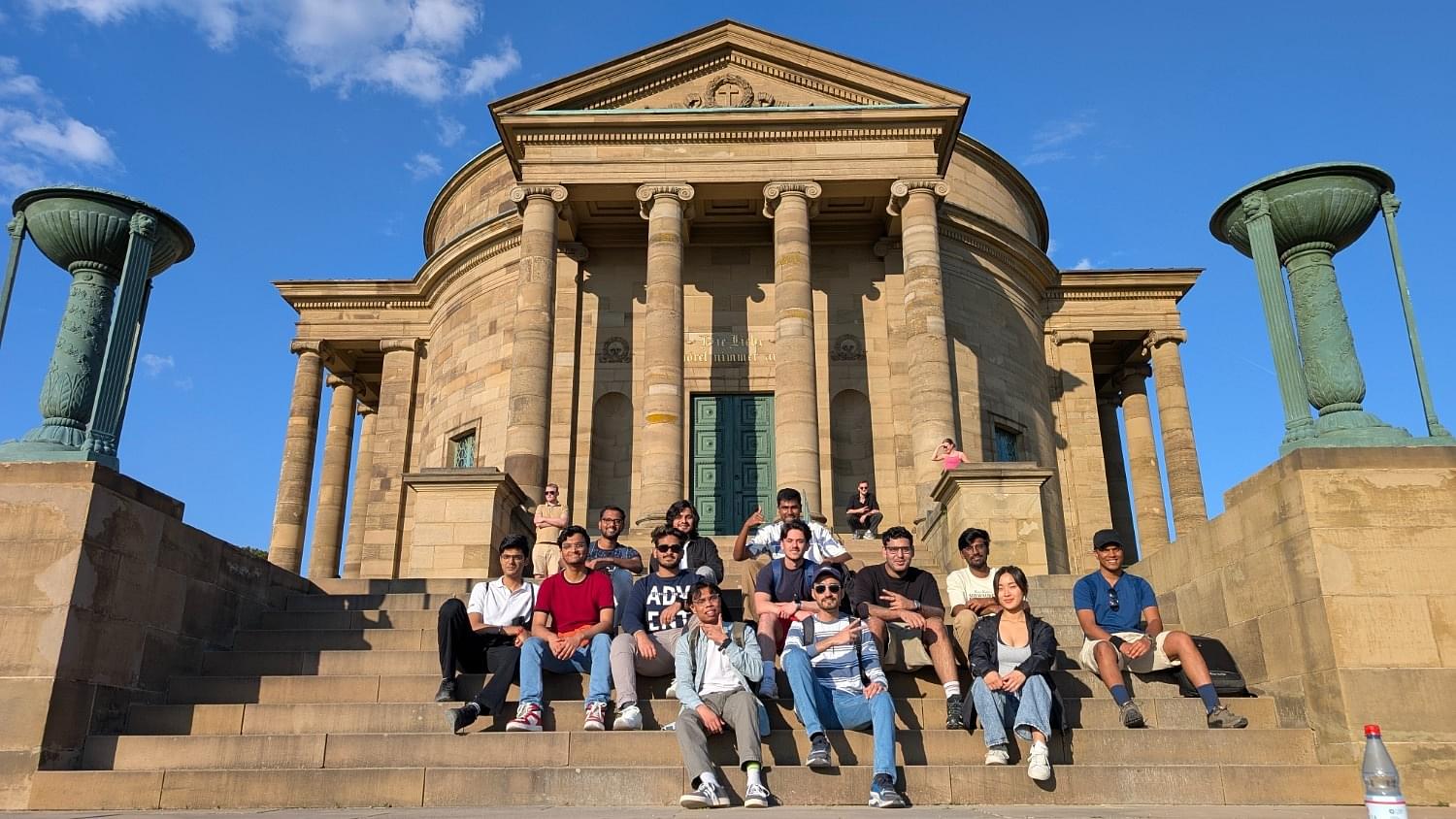
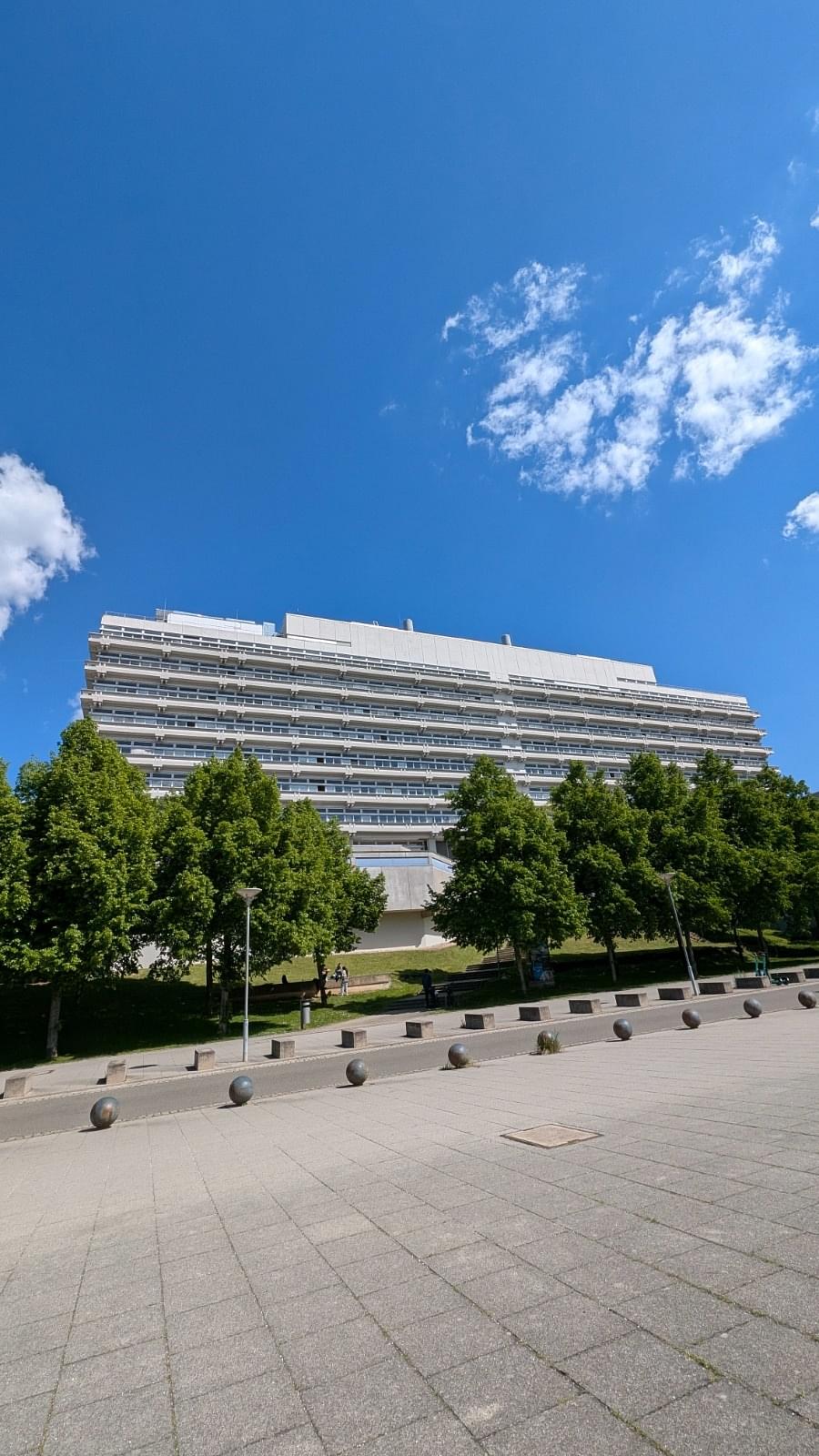



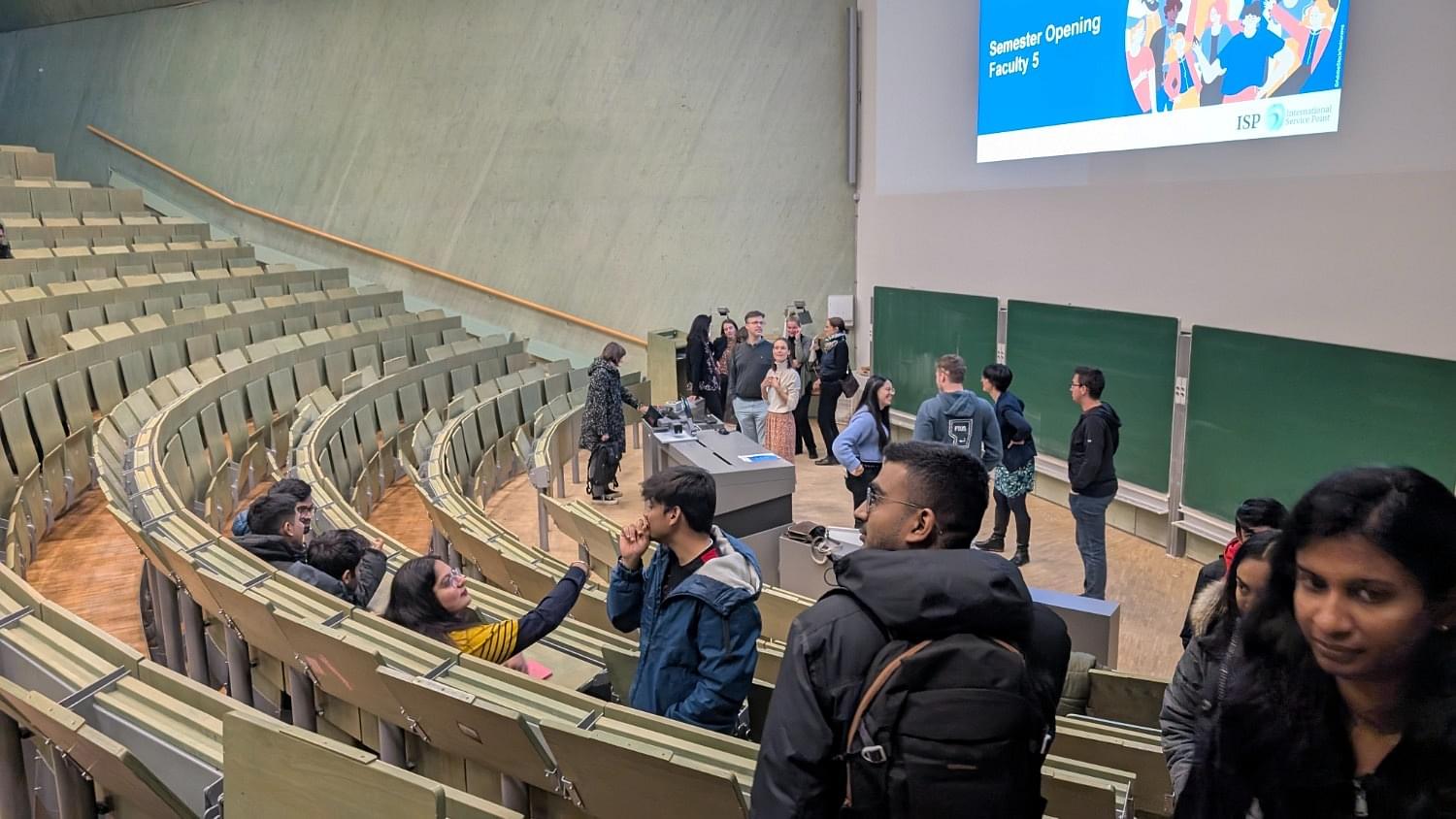
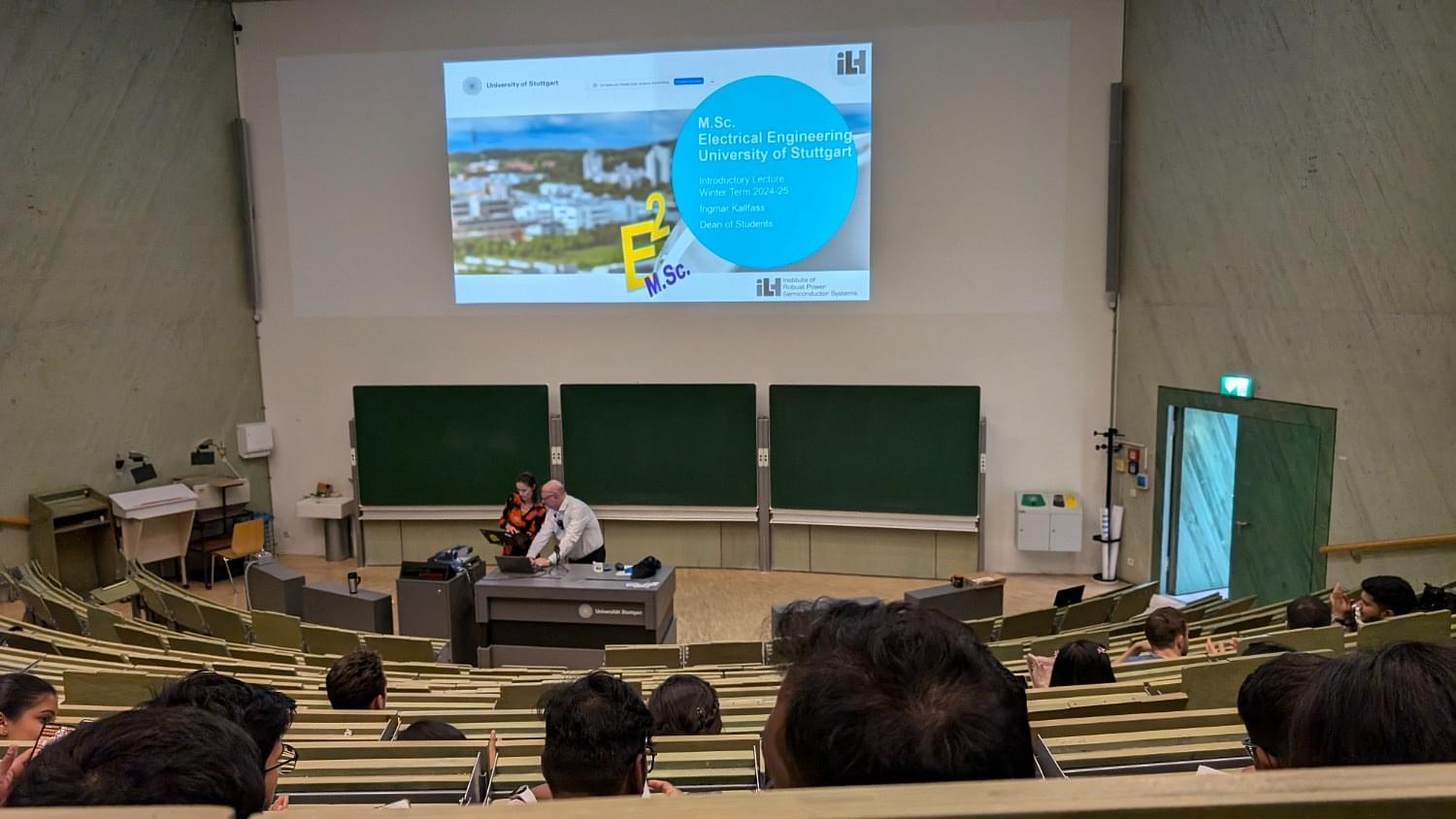
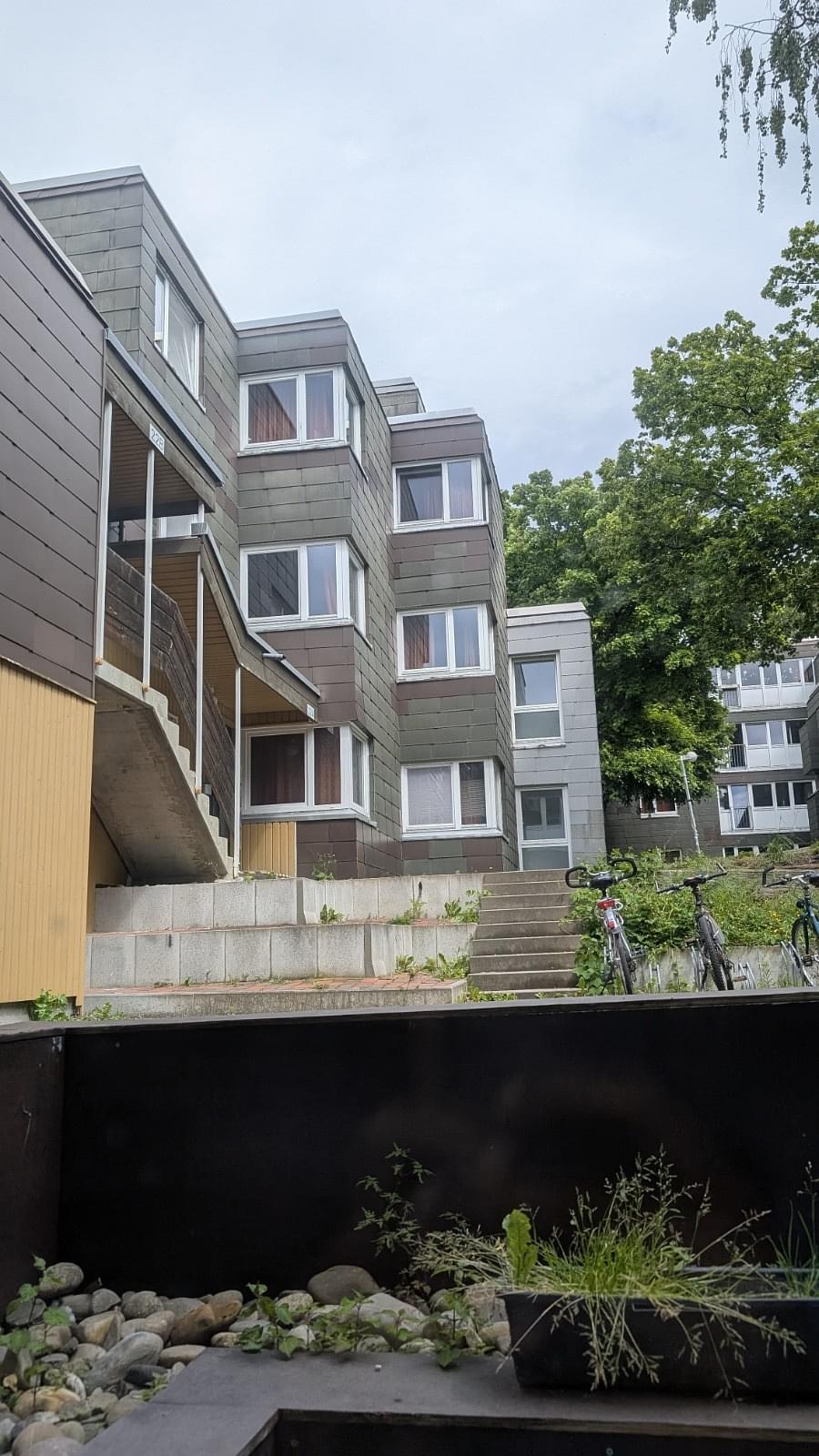
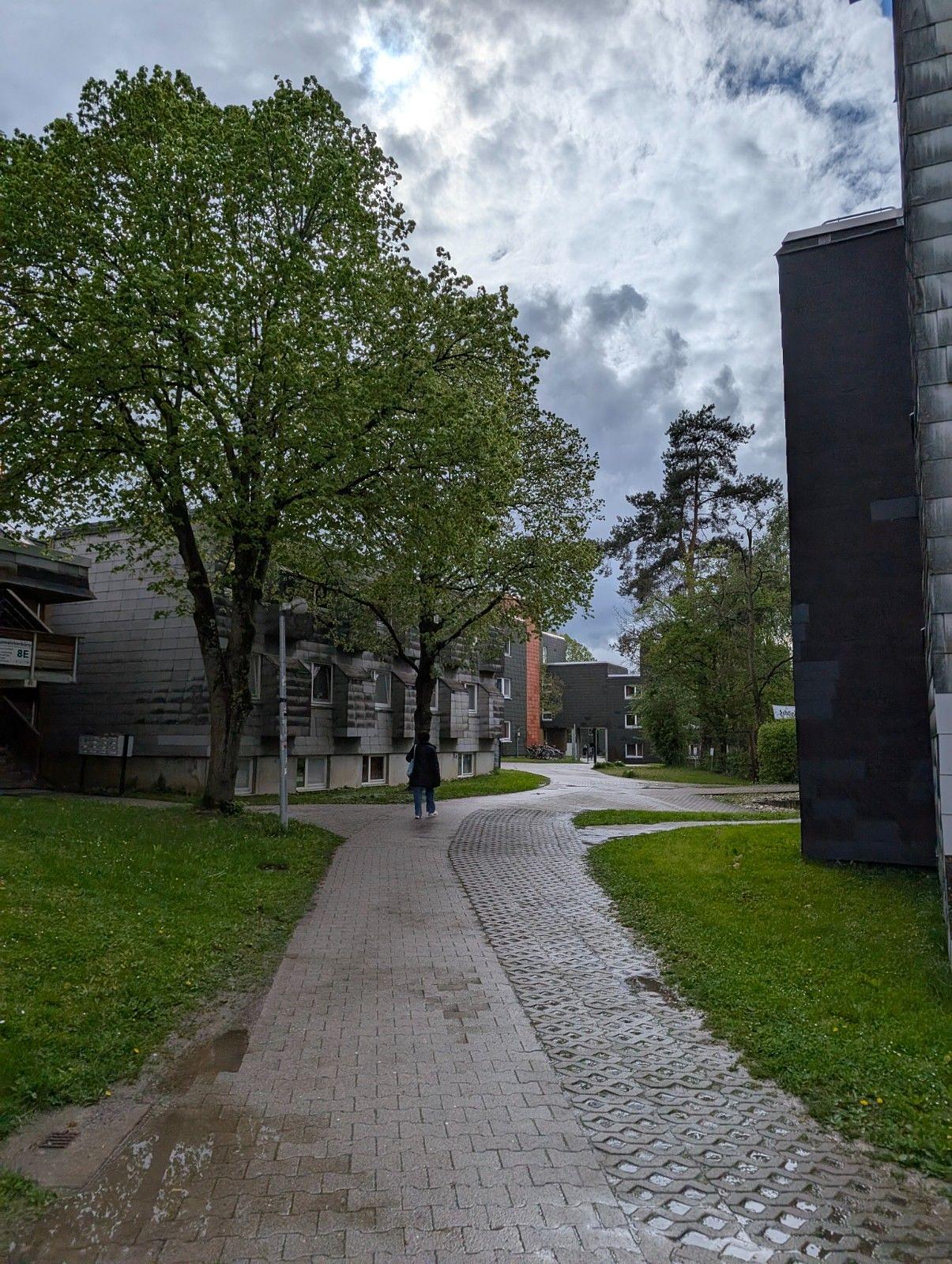
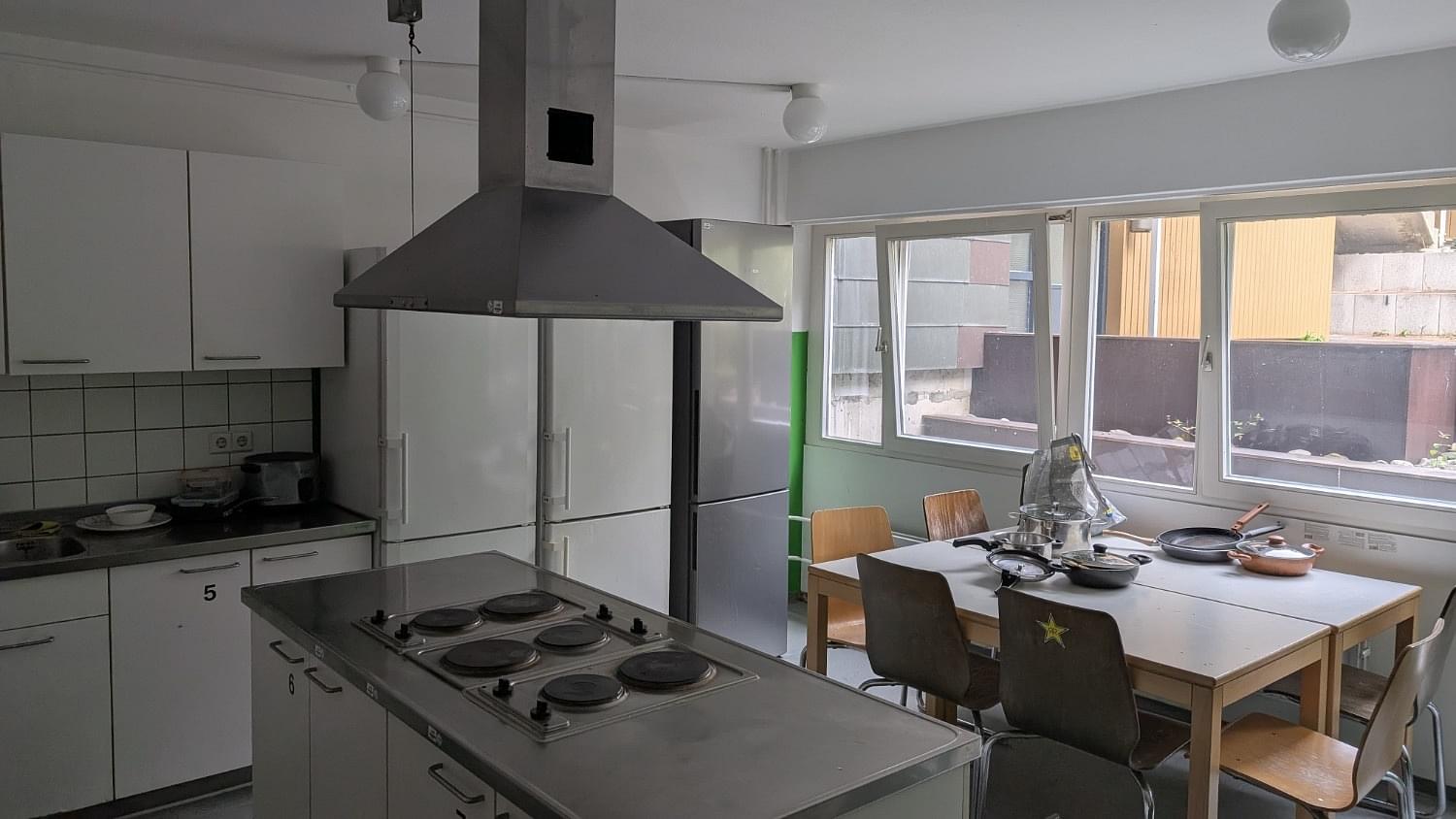
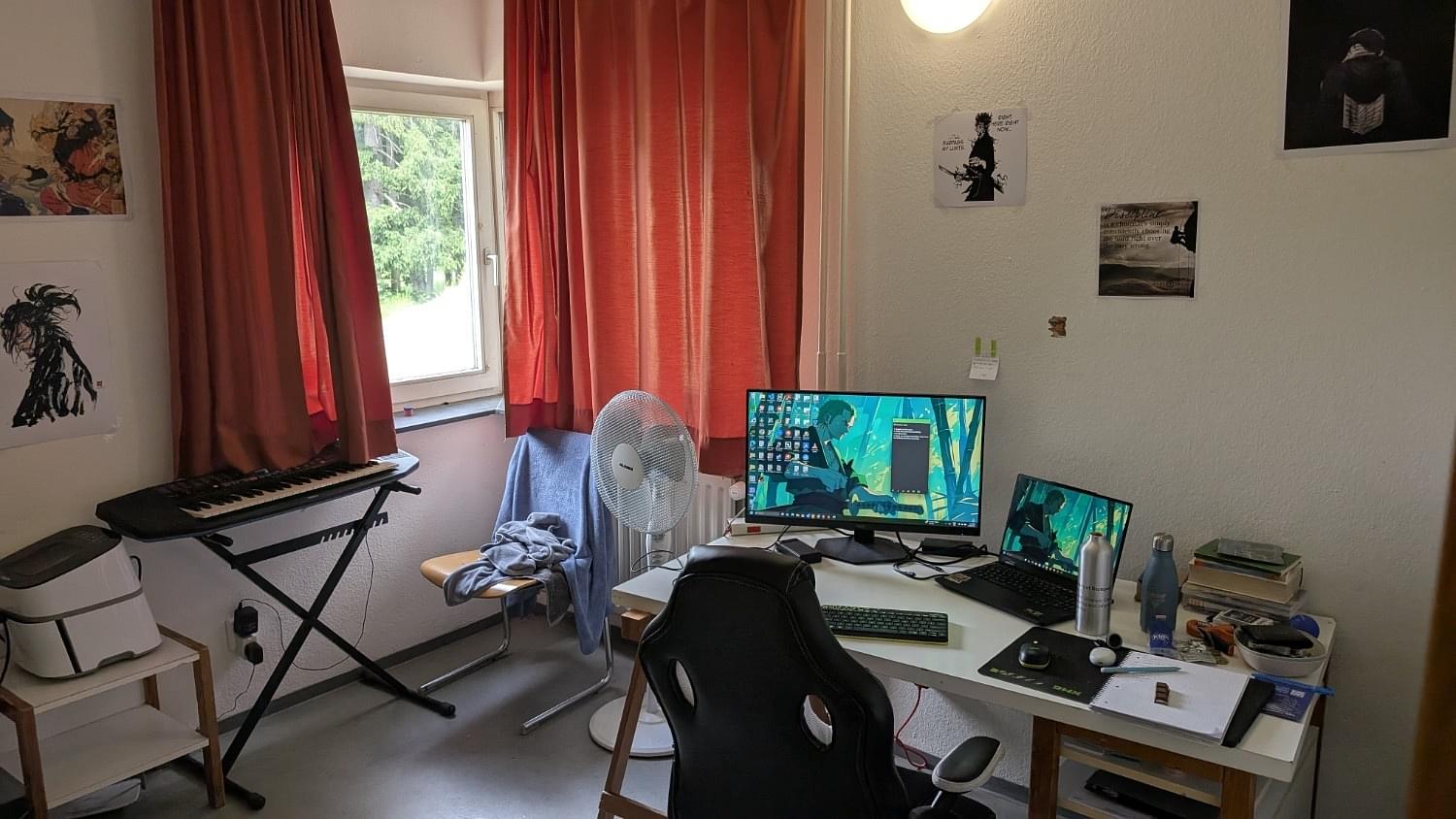
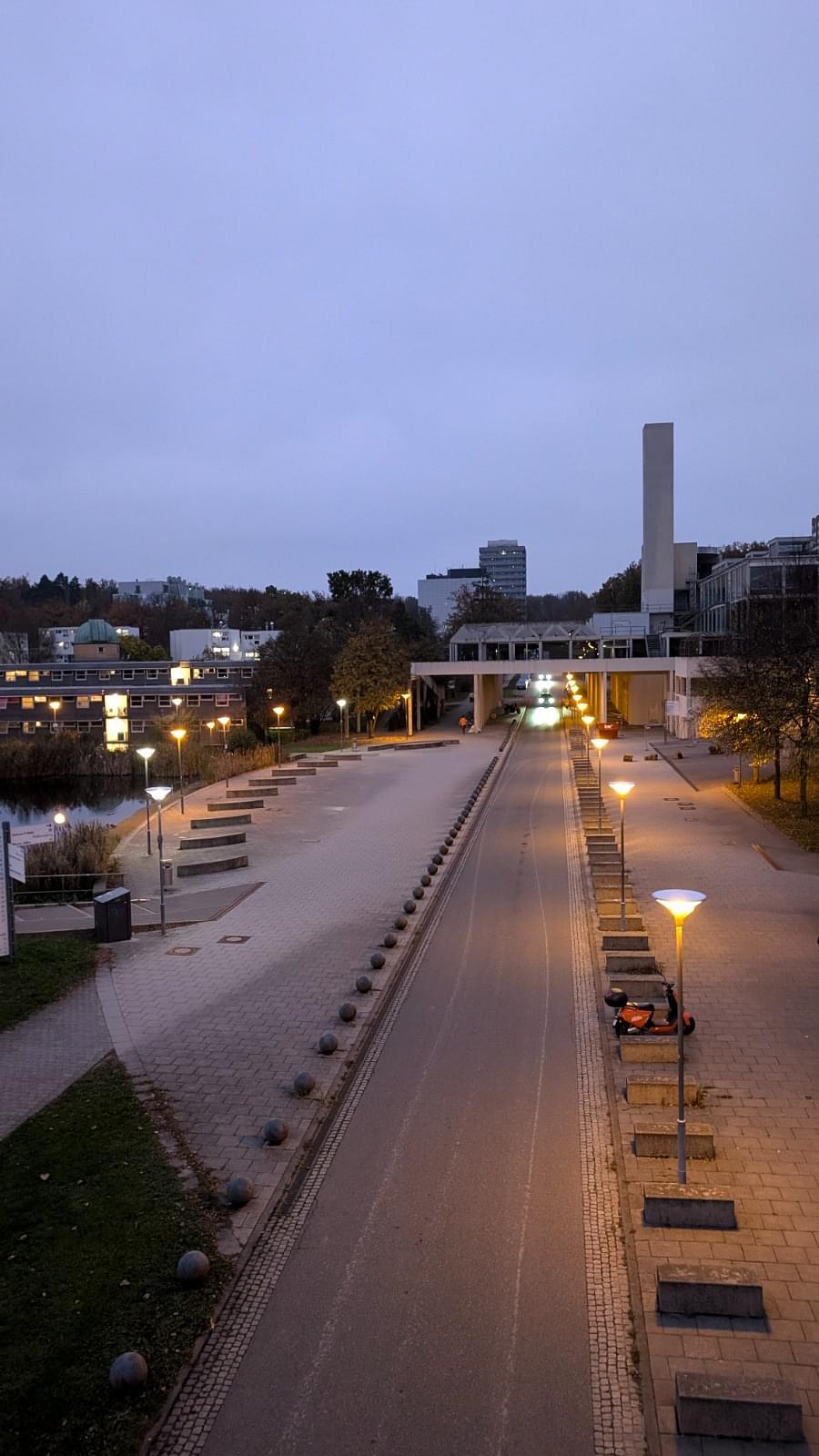
Likes
- It is really one of the top university in Germany i.e TU9 which makes it a popular destination
- The university has a International Zentrum that helps students from abroad to settle in quickly and helps in all official things
- The university also offers free language courses every semester to improve their German
Dislikes
- There is literally no semester break unless you choose the exams correctly and semesters are usually continuous
- There is not mandatory internship in my course that sometimes add a strain
- Sometimes the exam schedule gets messed up two subjects at the same time that needs to be changed afterwards
Course Curriculum
- The courses were moderate to difficult but never easy. They were mostly a mix of both with lecture and tutorials
- The positive aspect the time that you spend on understanding the concept and negative effect is sometimes the lack of time during exams
- You can choose your timings; usually it is 90 minutes per day for two days one of lecture and one of tutorial. It varies from subject to subject.
- My course had 70% indian students.
Fees
- There is a tuition fee of 1500 Euro per semester
- Semester fees around 300 Euros (including StudiTicket which allows you to travel in public transportation from 6pm to 6am and on weekends/public holidays for free)
- The course duration is 4 semesters
- Expenses :
- Dorm/Hostel: 280 - 310 Euro per month (It kinda increases year to year)
- Food: 200 Euros per month (if you cook all the time)
- Other (like eating out/movies/Bowling): 50 Euros per month

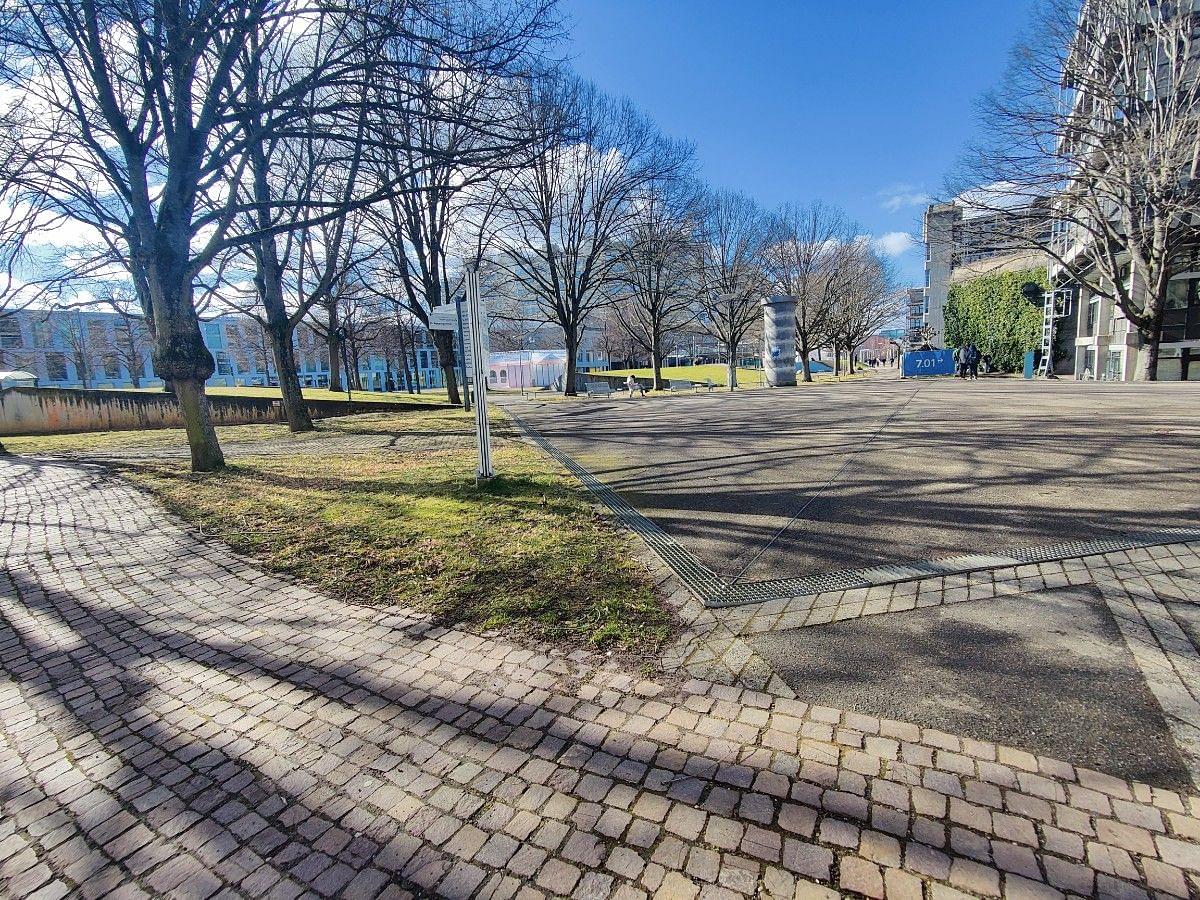


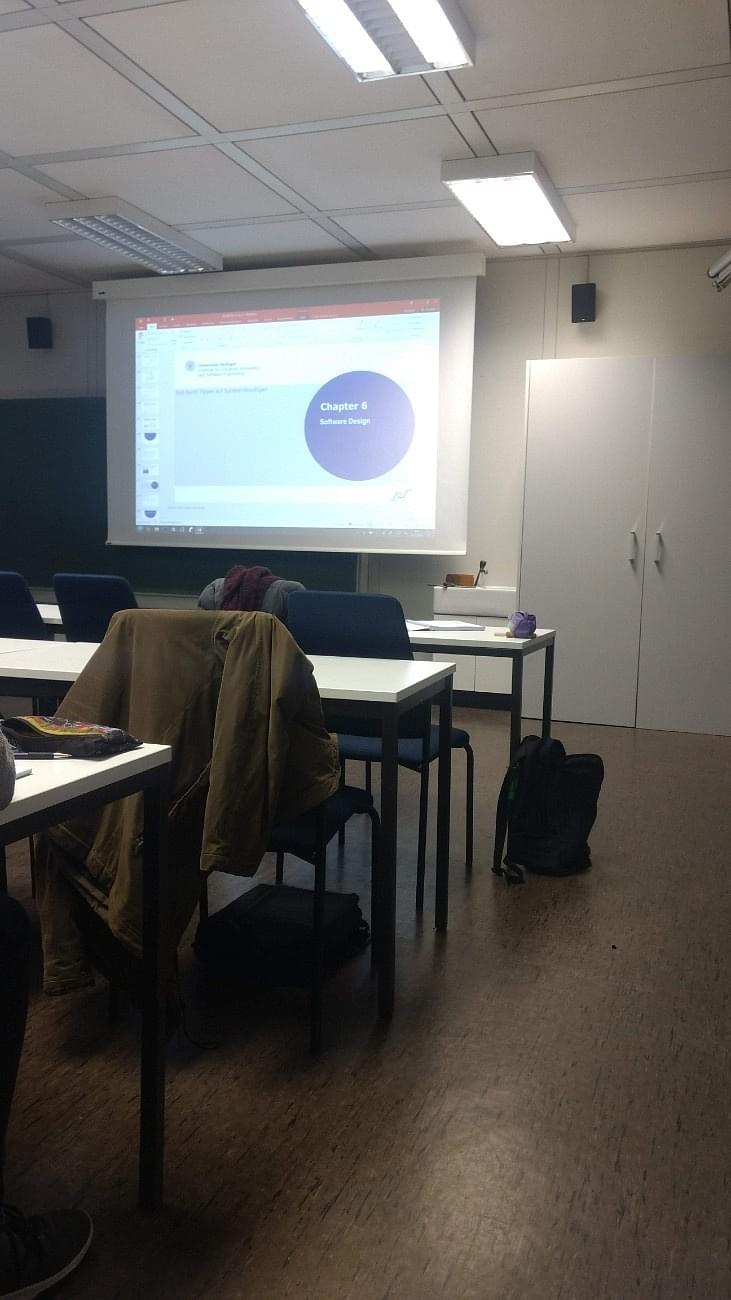
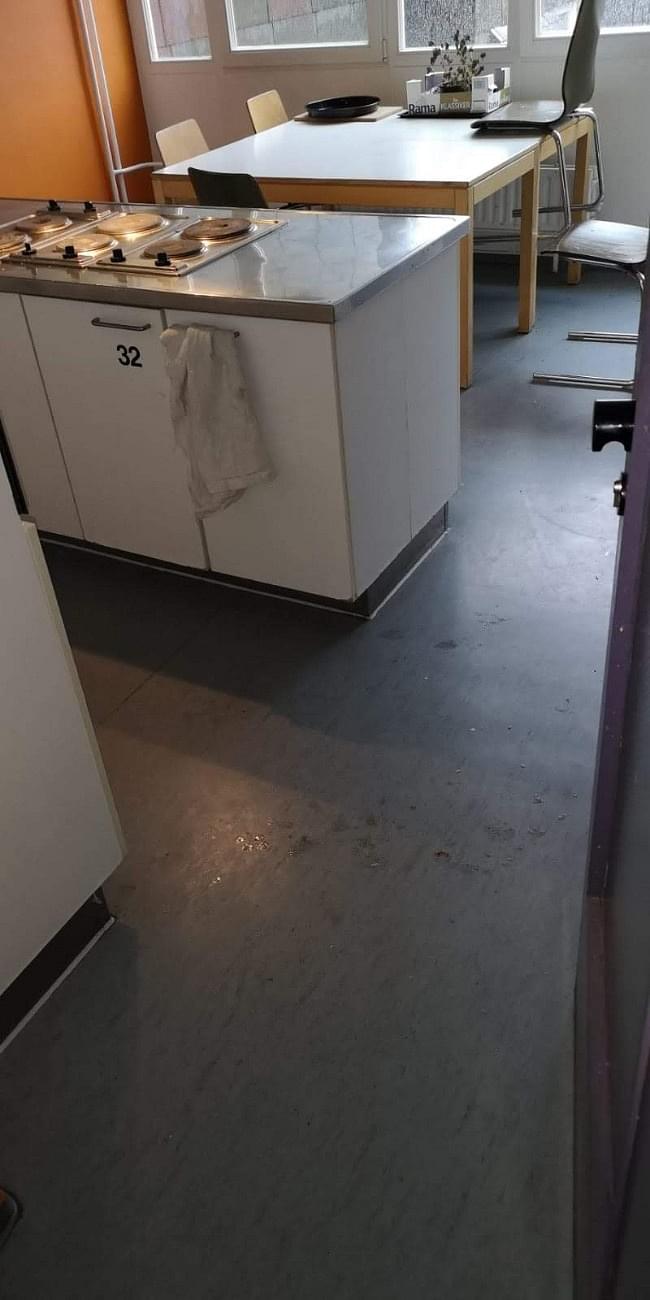
Likes
- The University of Stuttgart is one of the most reputed universities in Germany and is part of the TU9 cooperation/association.
- It houses a wide range of Intstitutes from the STEM background, which in turn offer a number of Bachlors/Masters programme
- It promotes state of the art research acitivities and developtment of cutting edge technologies
Dislikes
- As I was enrolled for an international course, I had to pay a tuition fee of 1500 euros each semester.
- Availability of english taught courses is pretty less, but that's the case at any other german university I guess.
- Honestly the university buildings could have had a better and a more beautiful look. They do look modern, but are very mundane without any colour and texture.
Course Curriculum
- The courses were very difficult as compared to the level of courses undertaken during the bachelor's study in india. It is recommended to revise and study each week to keep up with the difficult curriculum. Commas was purely theoretical with very less practical exposure
- Positive aspects: It is completely theoretical and research-orientated. In-depth knowledge about the topic is provided. Opens the door for a possible PhD opportunity after the master's. Access to various institutes that are conducting groundbreaking research in this field.
- Negative aspects: Very difficult curriculum. Time-consuming assignments. Less exposure to practical or application based knowledge
- Classes: 5 classes per day (1.5 hrs each), maximum. usual timings were 8:00 am to 4:00/5:00pm
- The average number of students for my course was 25. 50% of the enrolled students are indian
Fees
- Breakdown of fees (per semester): Tuition fees-1500 euros Semester contribution-200euros
- Fees is charged semester-wise
- Monthly expenses: Rent: 350 euros, Health insuarance(compulsory):120euros, Food & Groceries: 150 euros, Transport ticket/internet/sim card charges:80 euros, Auxiliary (trips/gym/outings): 200 euros. Total 800euros approx (can sustain in less as well, based on lifestyle.)
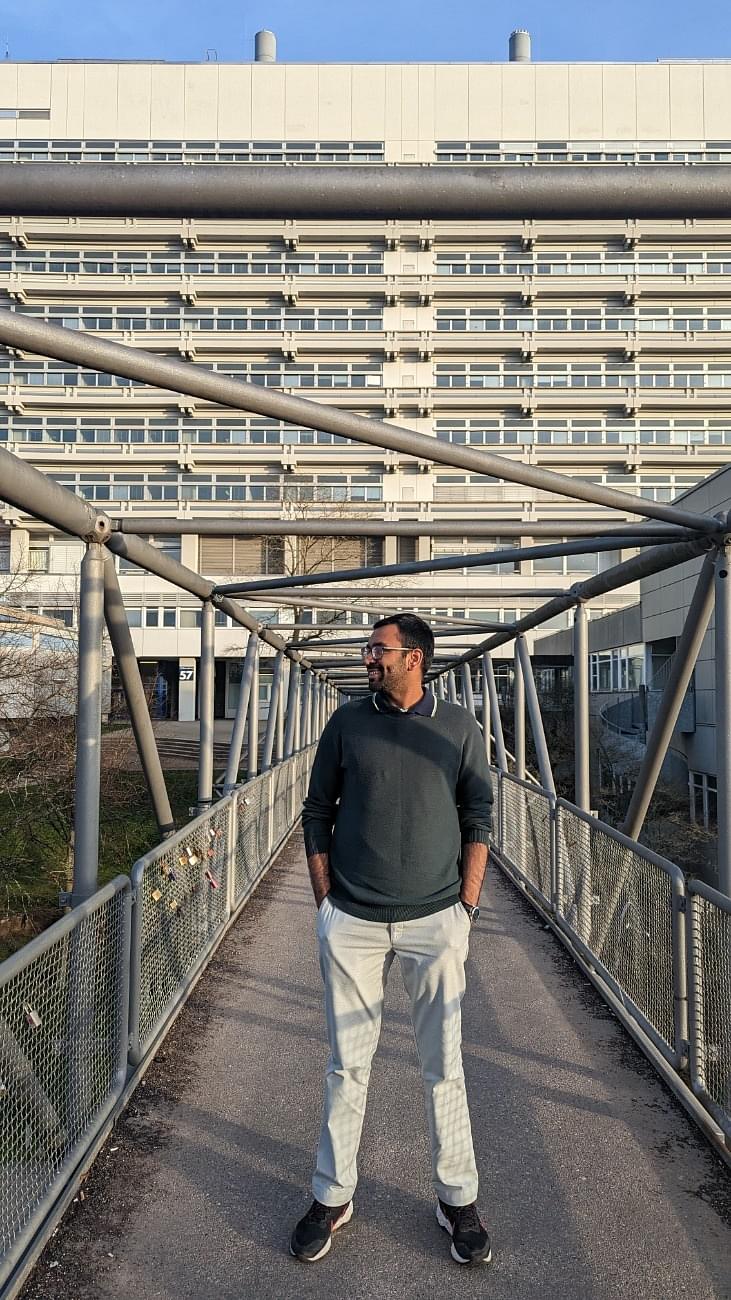
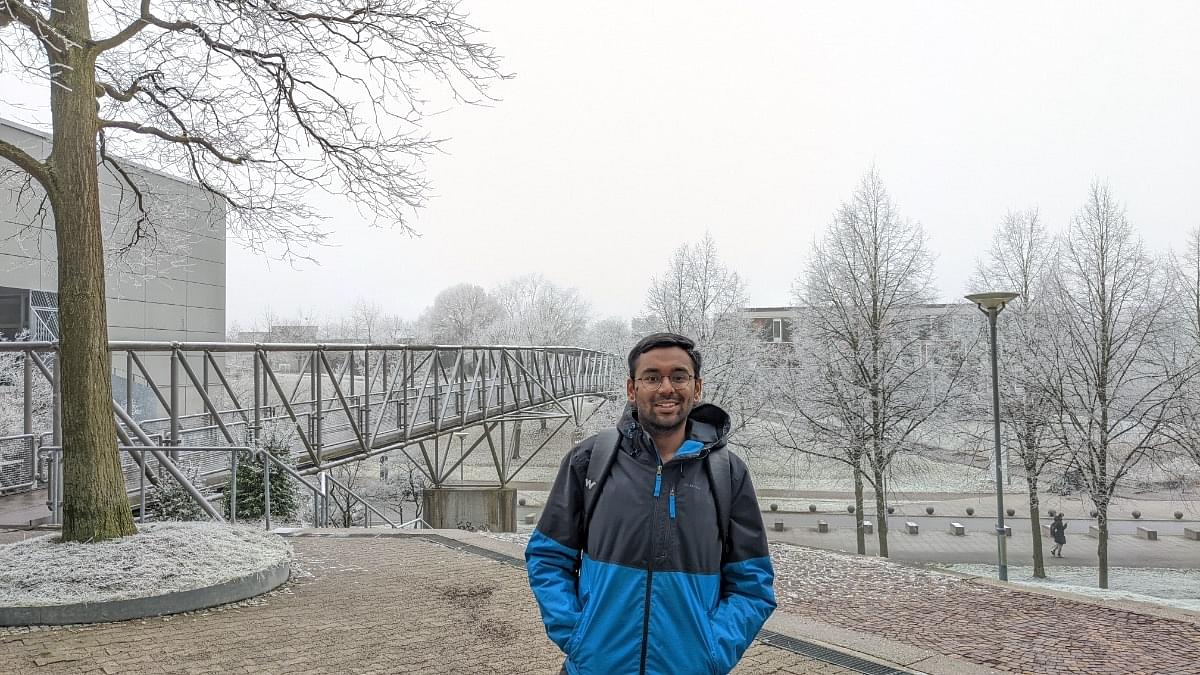
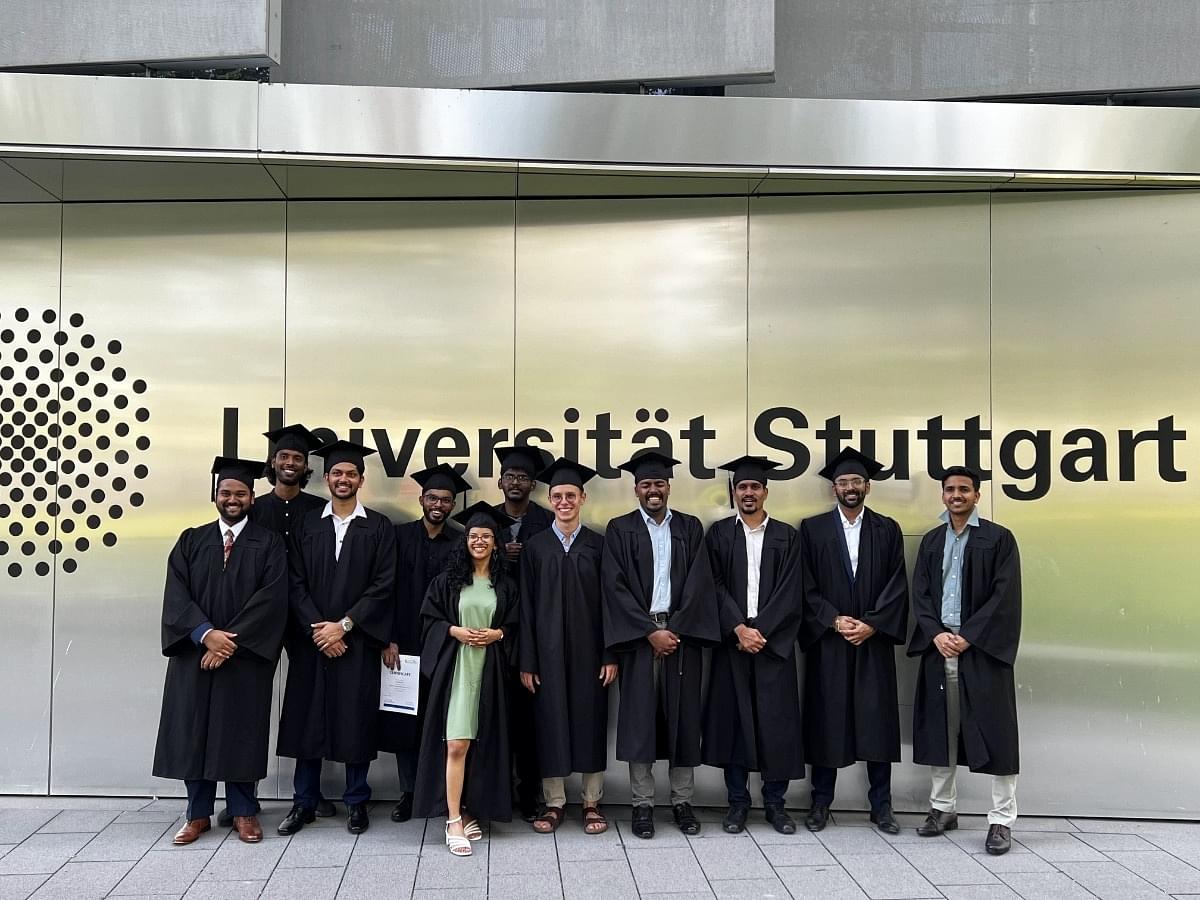

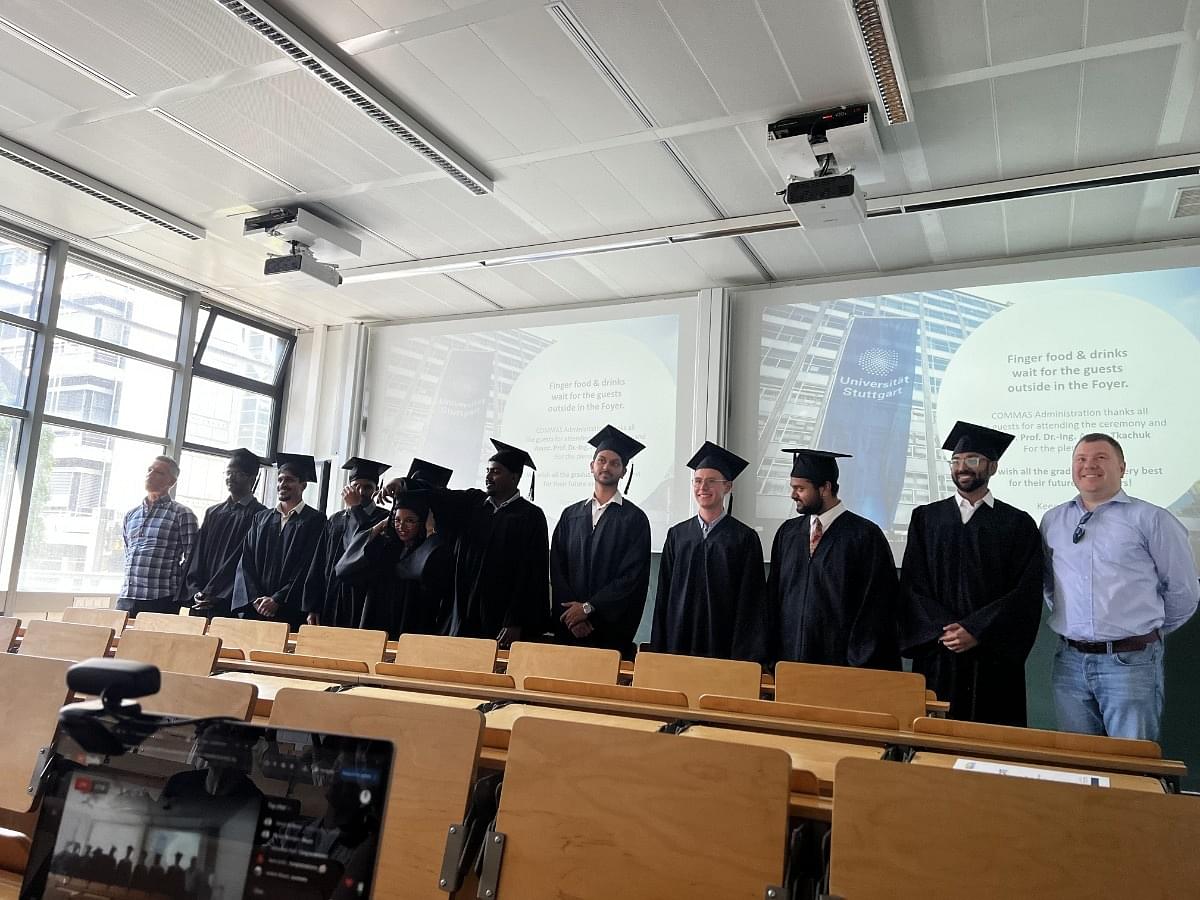
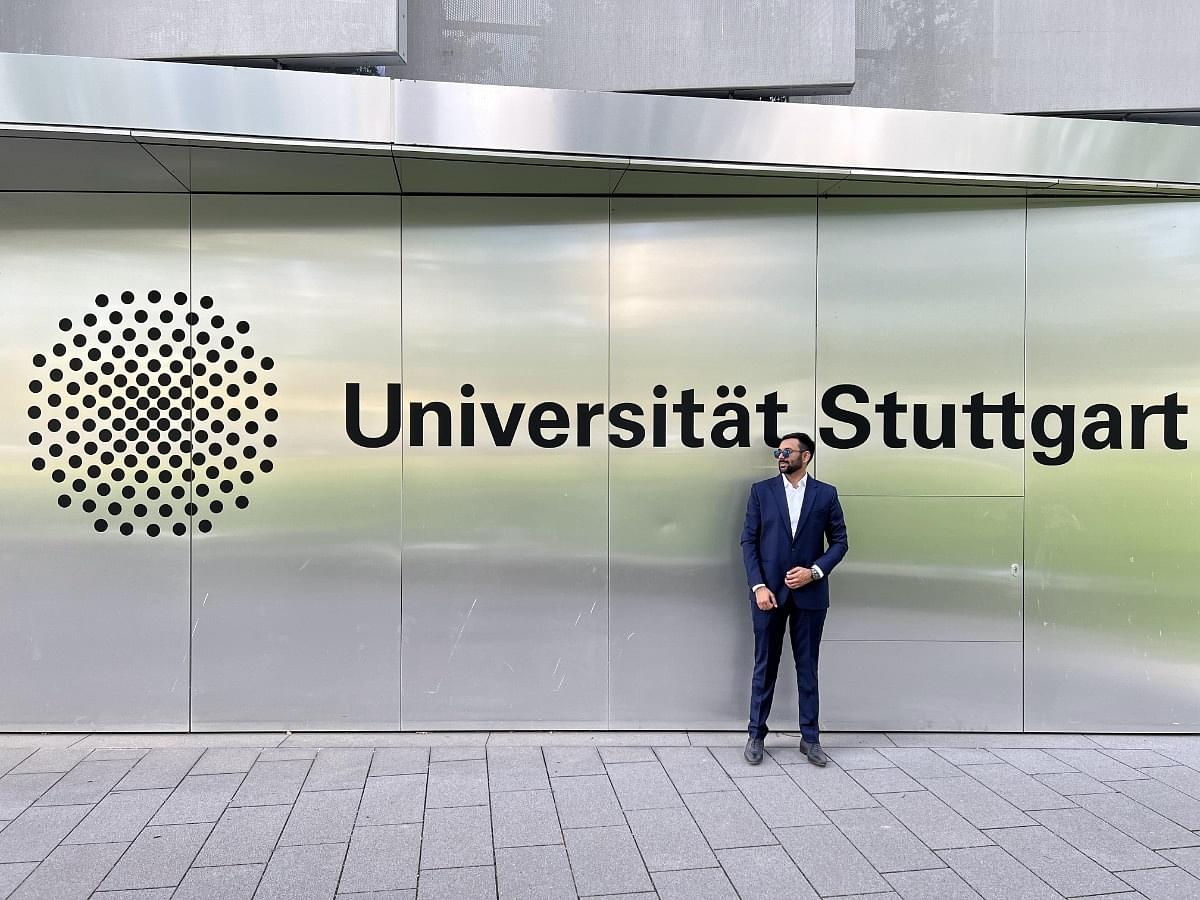
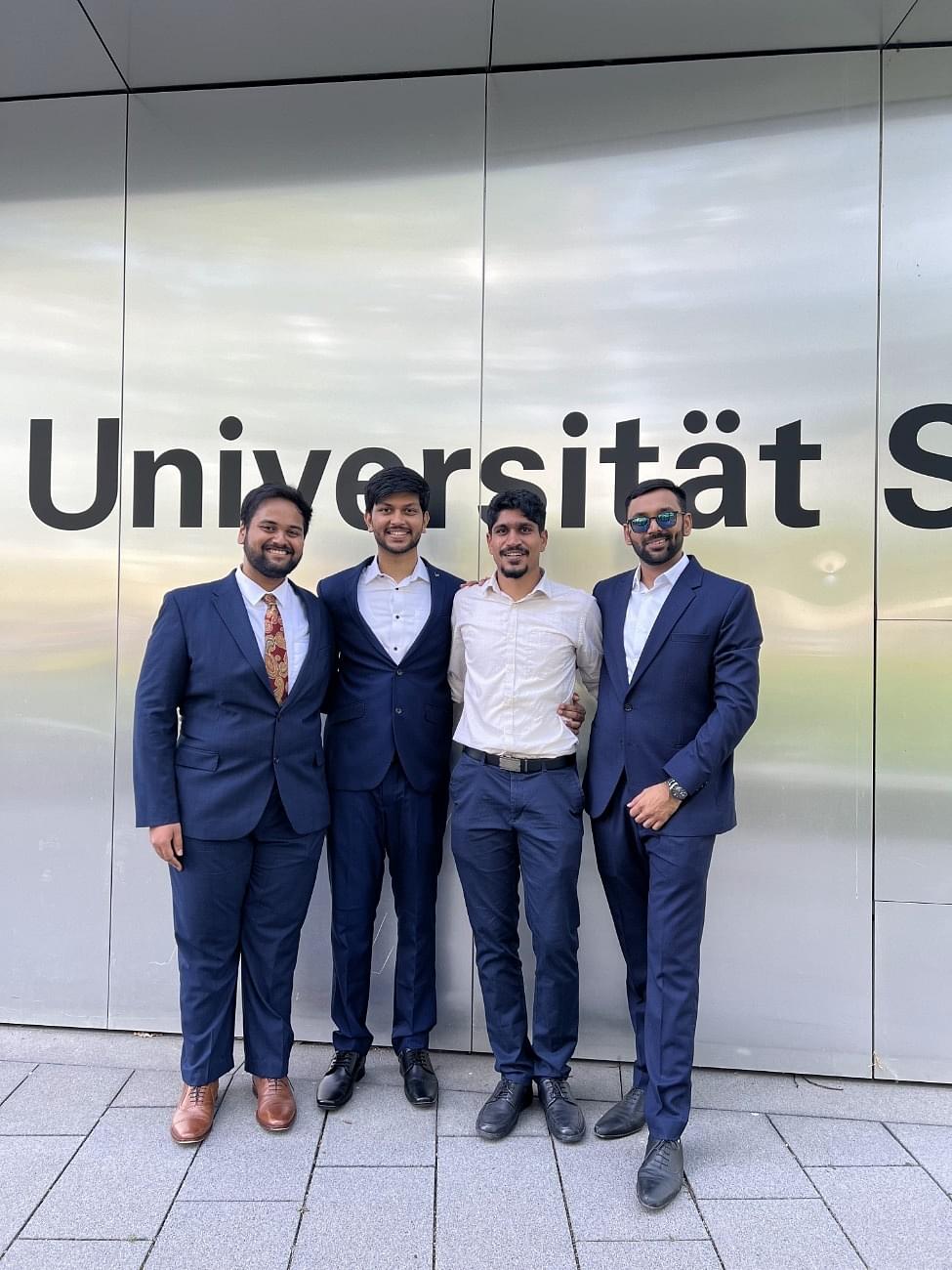
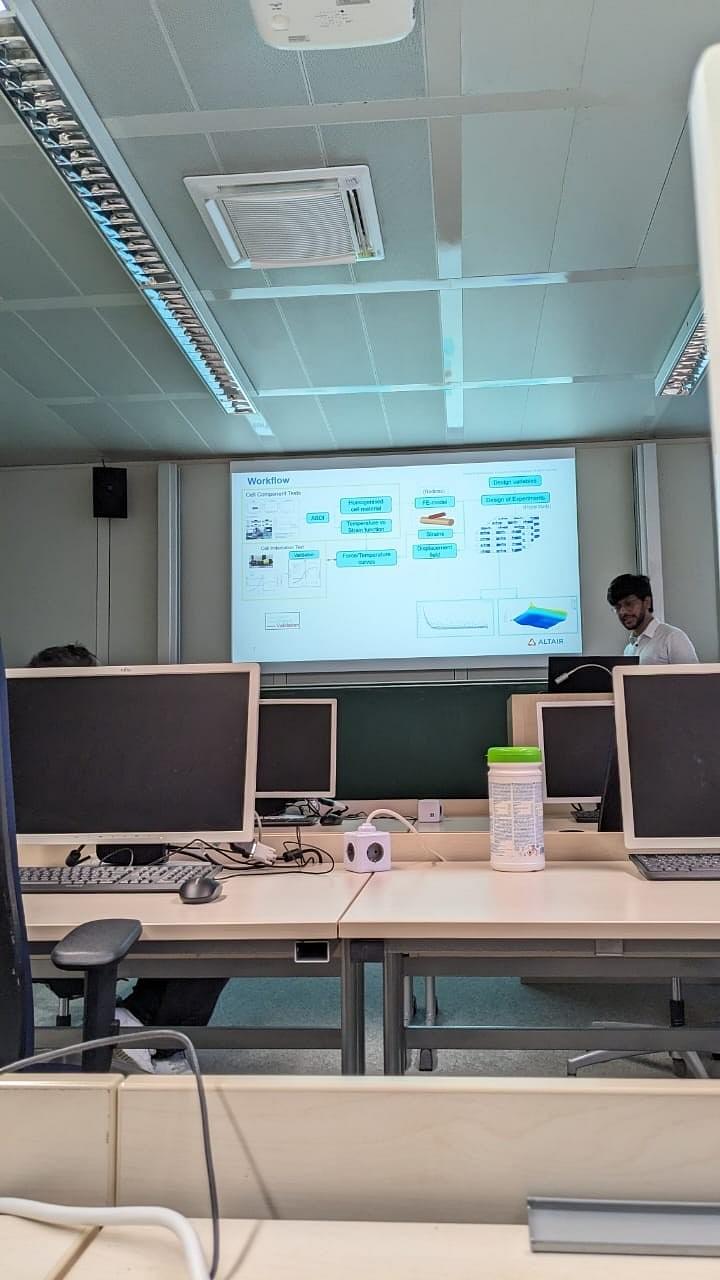
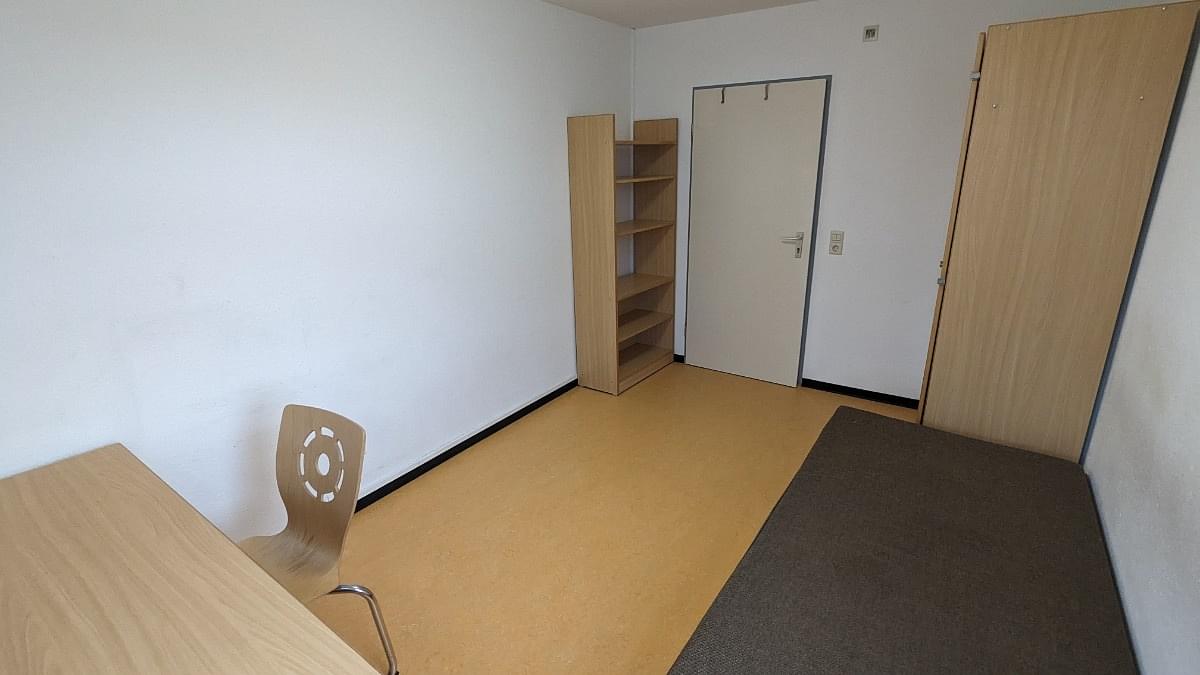
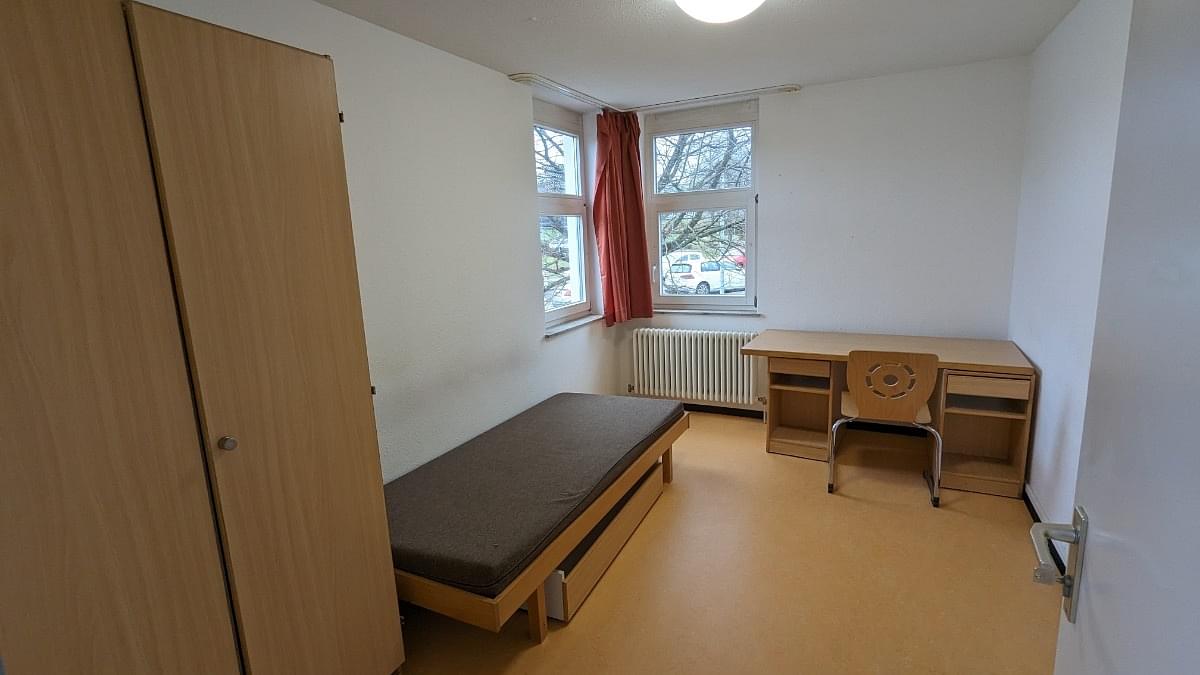
Likes
- There are a lot of Research opportunities at the university.
- Attendance at the UNI isn't mandatory for most classes. There are some which do have mandatory attendance but a lot of them don't so it provides a lot of flexibility.
- You can finish the course at your pace. For new students abroad it is difficult to manage everything and hence this comes real handy.
Dislikes
- It has a fees of around 1600 Euros for international students. Which is kind of not satisfying for a German uni.
- Most of the professors don't know how to teach. Atleast relative to teachers that we have in India.
- You have to pass a certain criteria to able to give an exam.
Course Curriculum
- The difficulty of my course curriculum is quite difficult as compared to my bachelor's degree in India. As the university is a research university, there are a lot of theoretical courses. There are plenty of practical courses here as well so it's a mix of both, I'd say.
- Average number of students in our class again depends on the course.
- For eg, Machine learning had over 70 students but a practical course for Software engineering had like 20. There are some courses which have limits on how many students can register.
- There are quite a few indian students enrolled here. Around 30% of the students are Indians.
Fees
- Tuition + Administration fees – 1650 Euros per Semester
- The Uni collects the fees per semester
- Monthly Expense
- Deutschland ticket – 39 euros (for students)
- Health insurance – 140 Euros
- Rent – 350 Euros
- Groceries and Misc - 200 Euros
- You get around 950 euros from your blocked account. If you use your money wisely, you will be able to save around 200 euros per Month. If you are able to get a working student, then you will be able to save more than 1000 euros easily.
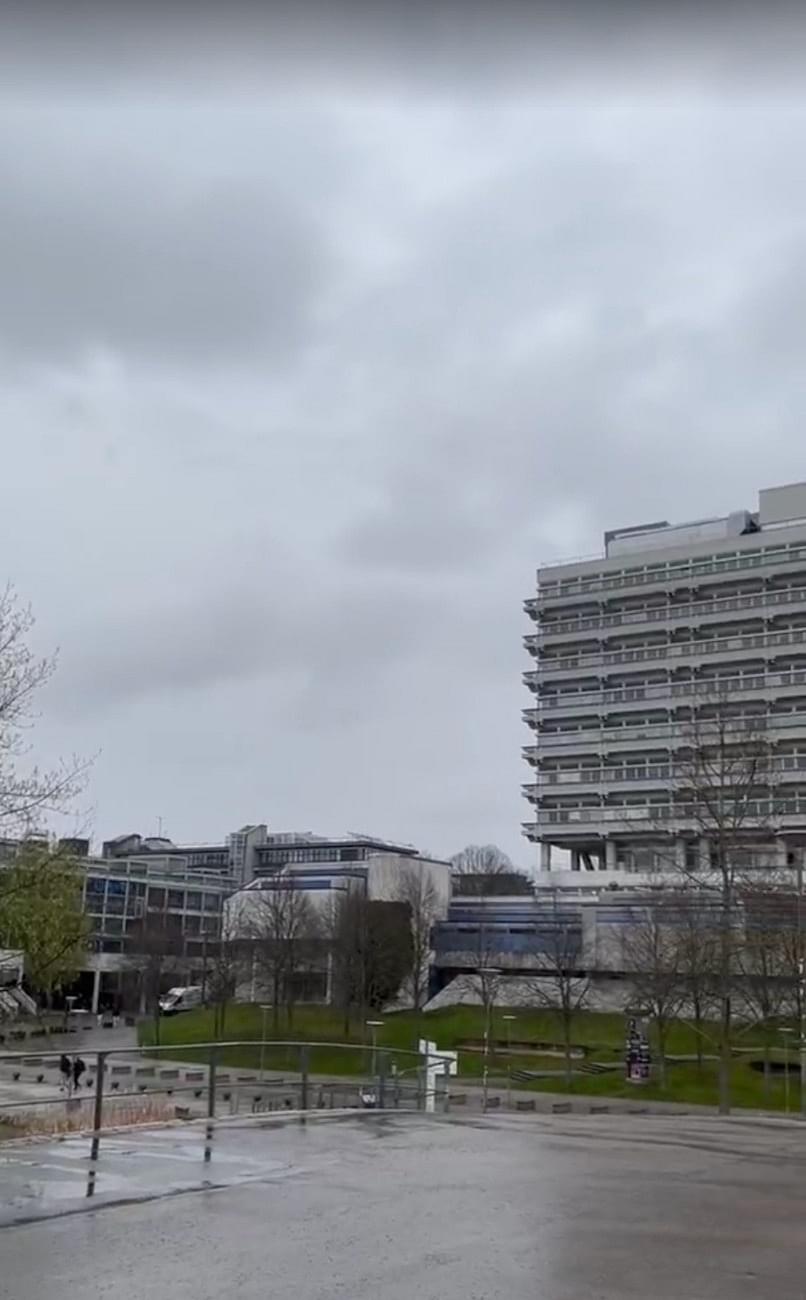
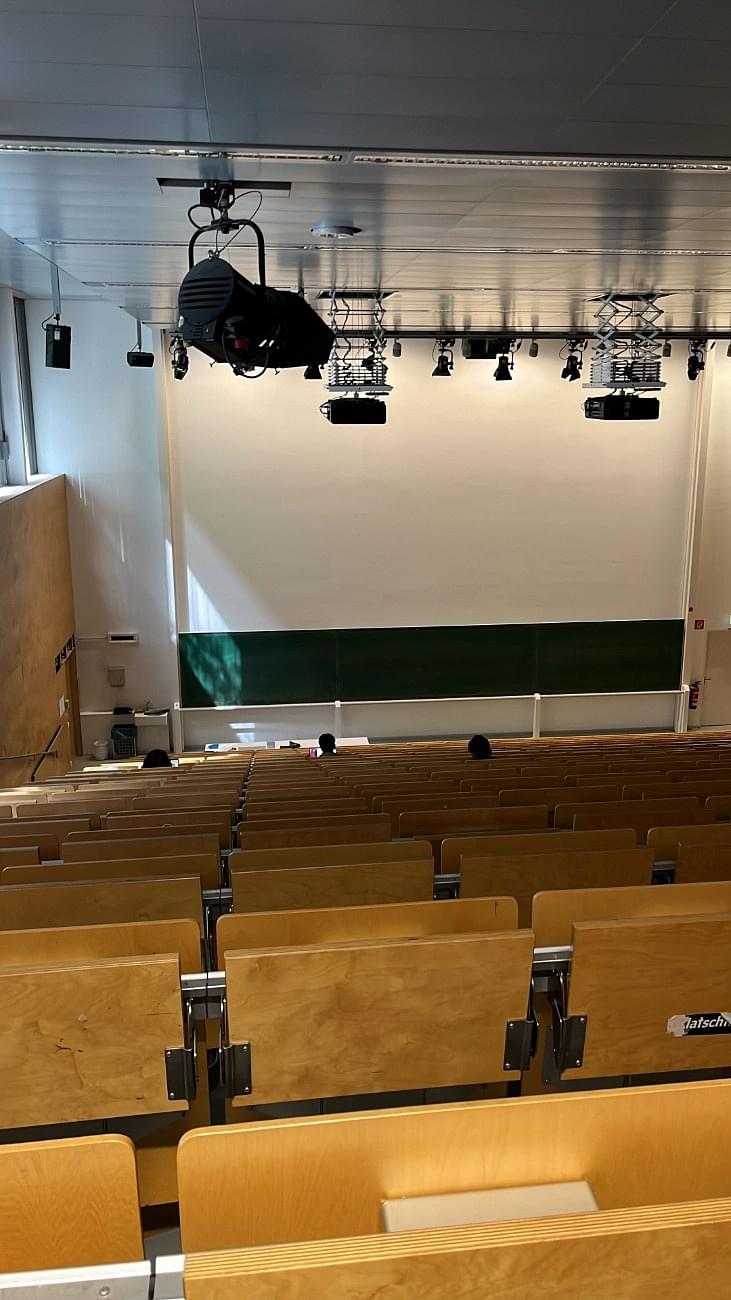
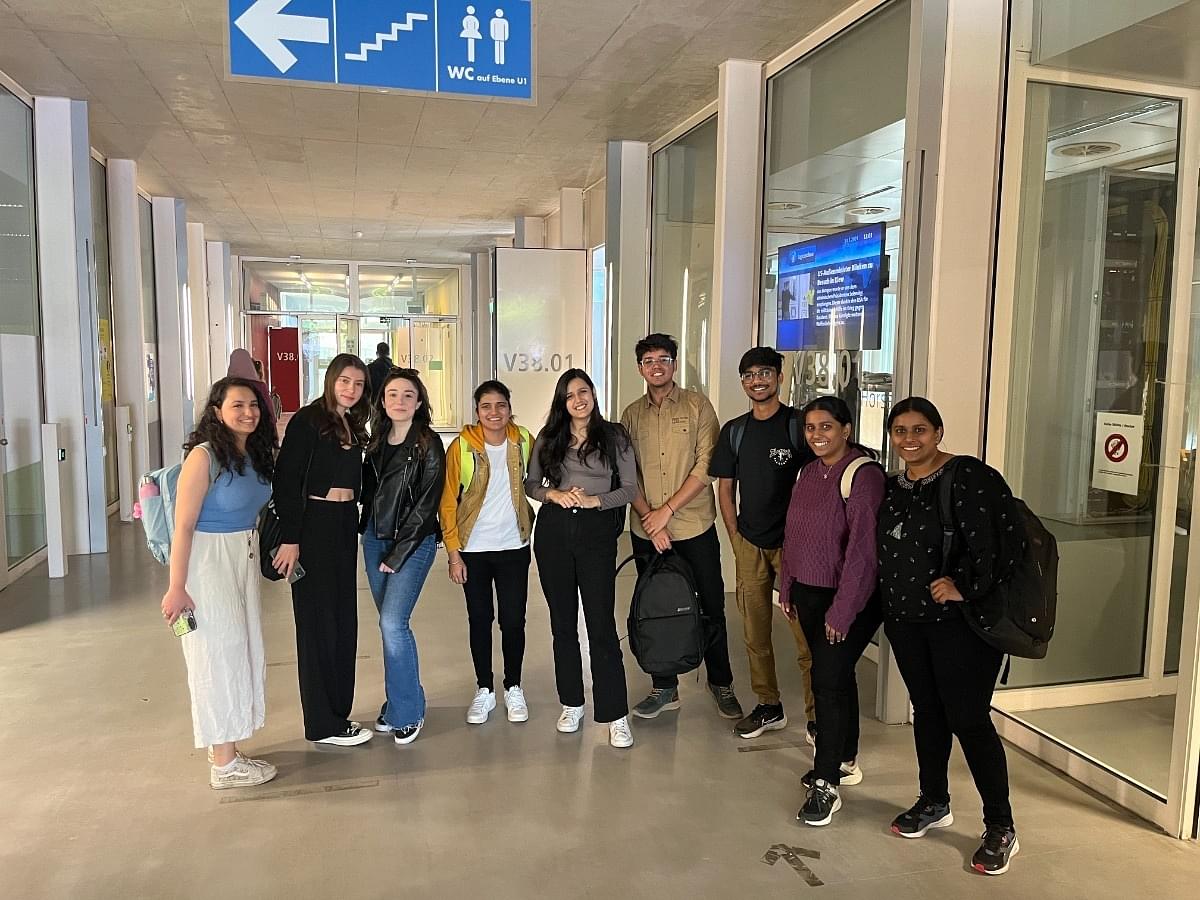

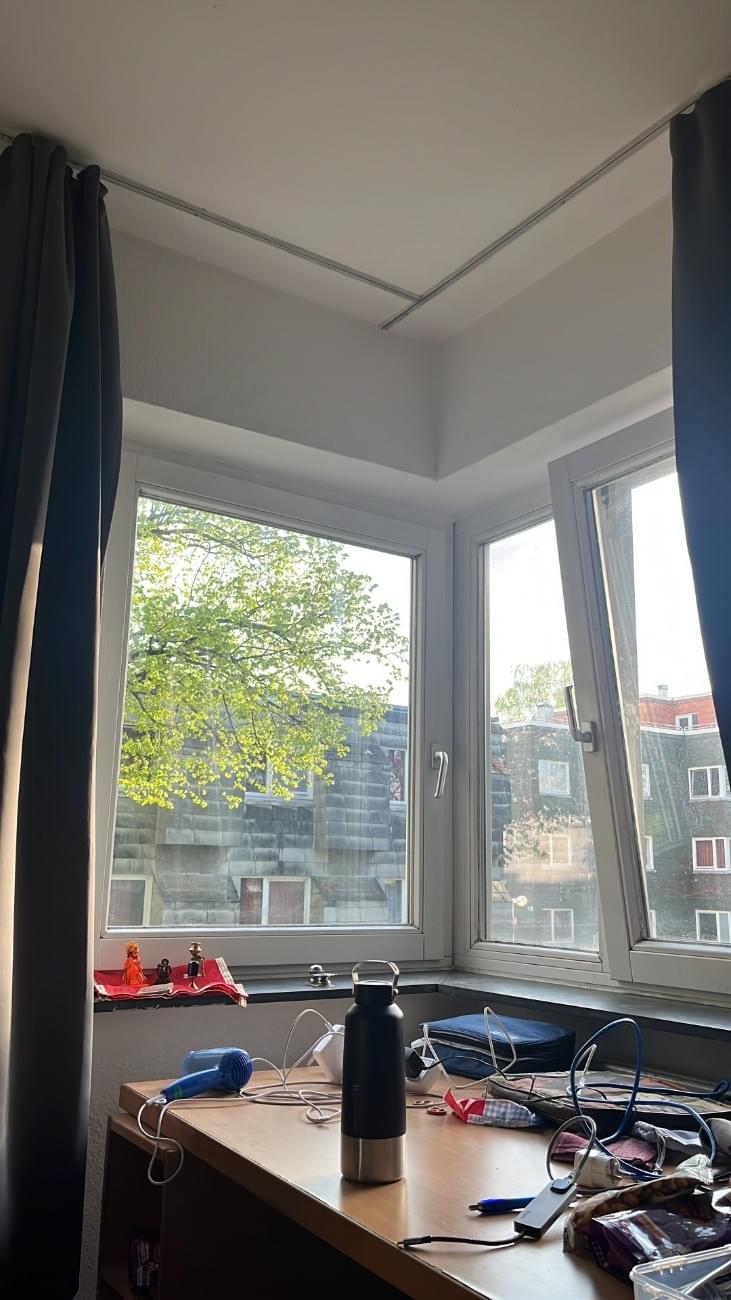

Likes
- Course curriculum and options to choose subjects
- Accommodation in the Campus
- Many places in the campus to study in group, relax or enjoy
Dislikes
- Managing Exams with work can be a bit challenging
- Not very good architecture considering it is an european university
- Assignments are not very easy to do
Course Curriculum
- The course has equally difficult and equally easy courses; it depends on what your likings are and what you have experience with. The subjects are often mixed with practice exercises to get a deep understanding of the subject. The classes start from 8:00 in the morning to 5:15 in the afternoon with a 1-hr lunch break and 15 mins between each lecture. Each lecture is 1.30 hr. Number of students depends on the subject, typically between 10 and 200. And 50-60% would be Indian students for Electrical and IT courses
Fees
- Fees: 1800€/semester
- Dorm: 350-400€/month
- Insurance: 150€/month
- Traveling: 40-60€/month
- Groceries: 200-300€/month
- Miscellaneous: 100-200€/month
- So it equates to approx 1000-1300€ per month including everything in Stuttgart, it includes travelling to nearby countries, germany wide transportation, travelling to nearby citiy, insurances, tution fees, accomodation, food, restaurants, everything.

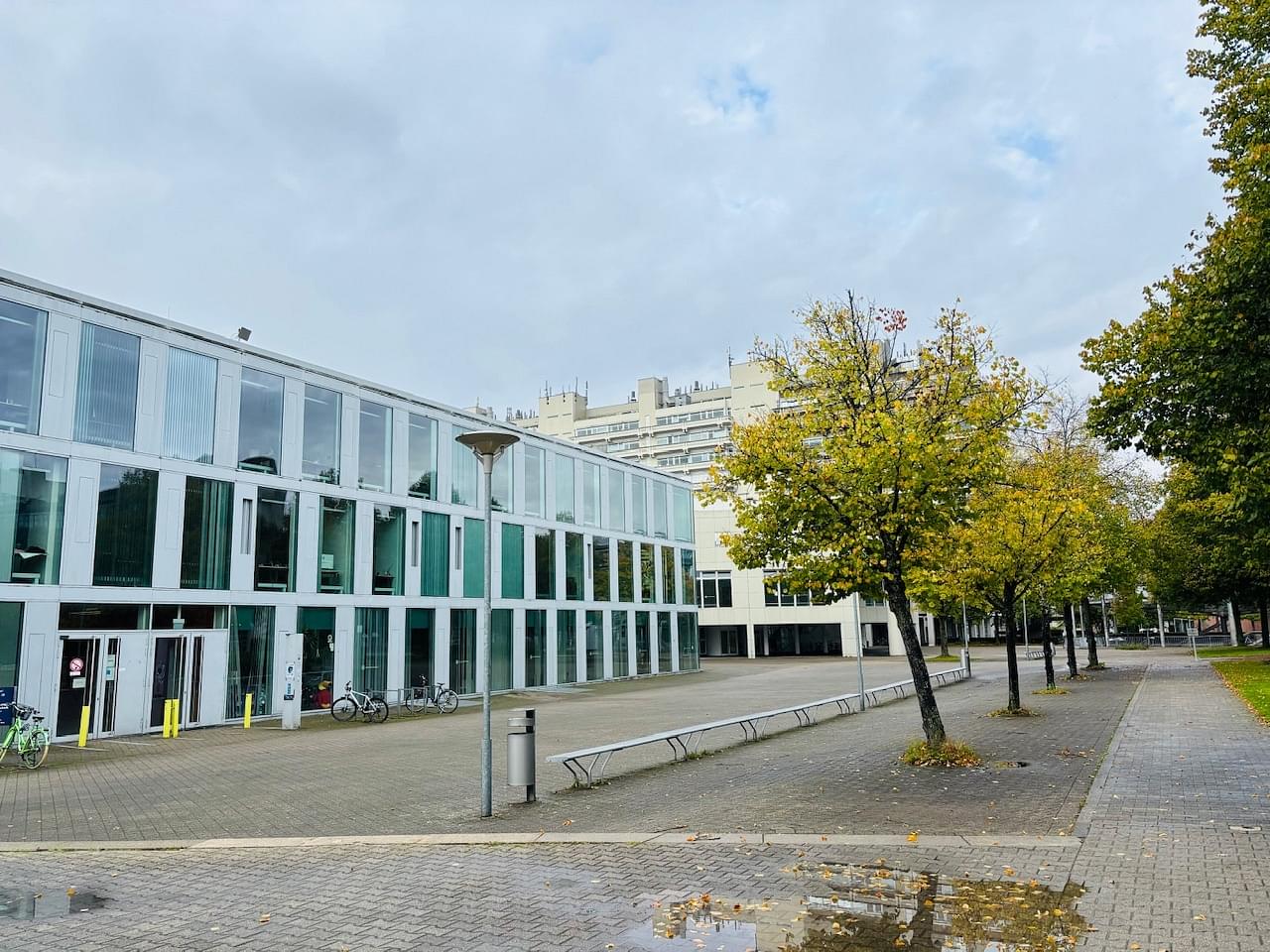
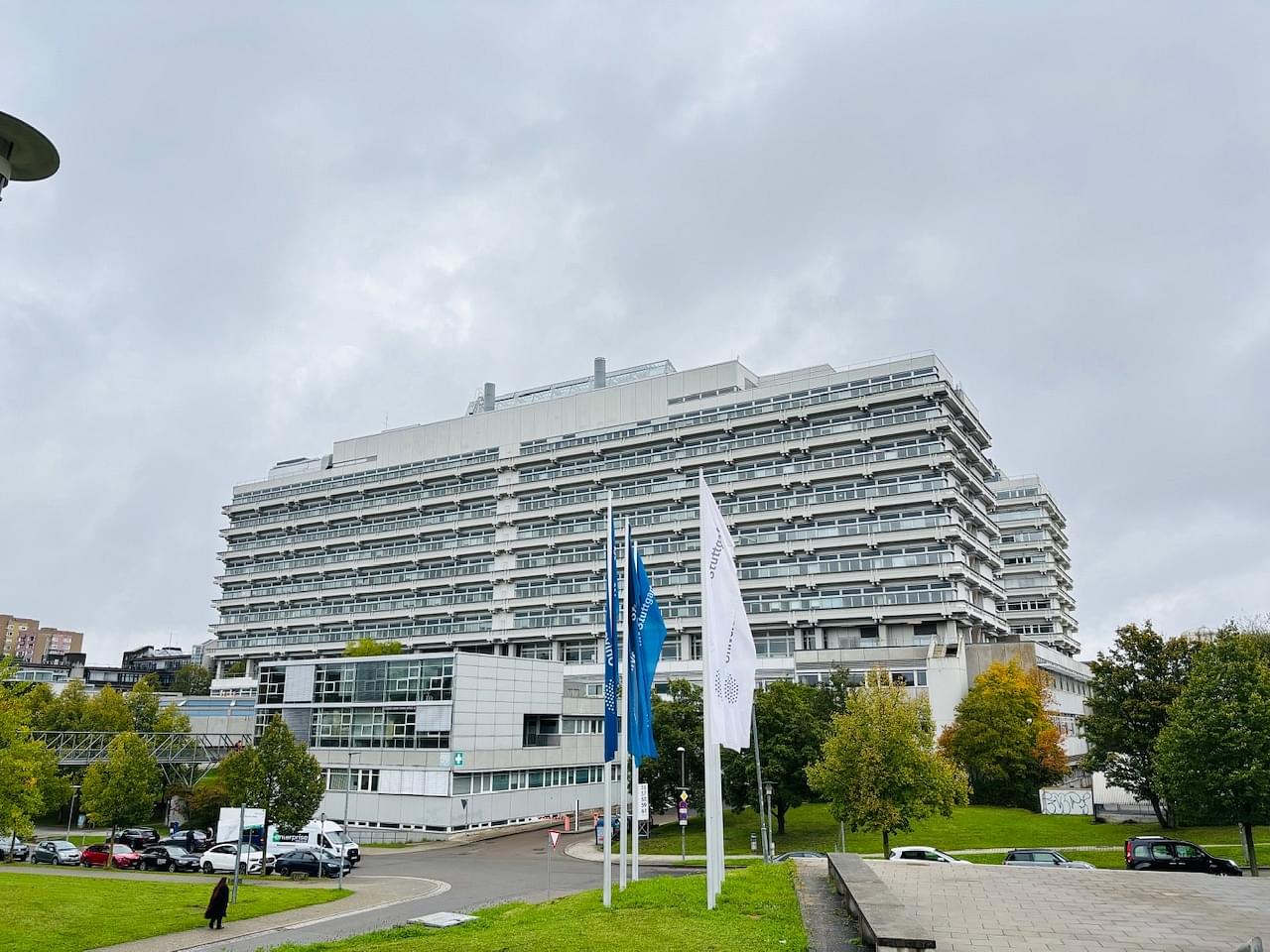
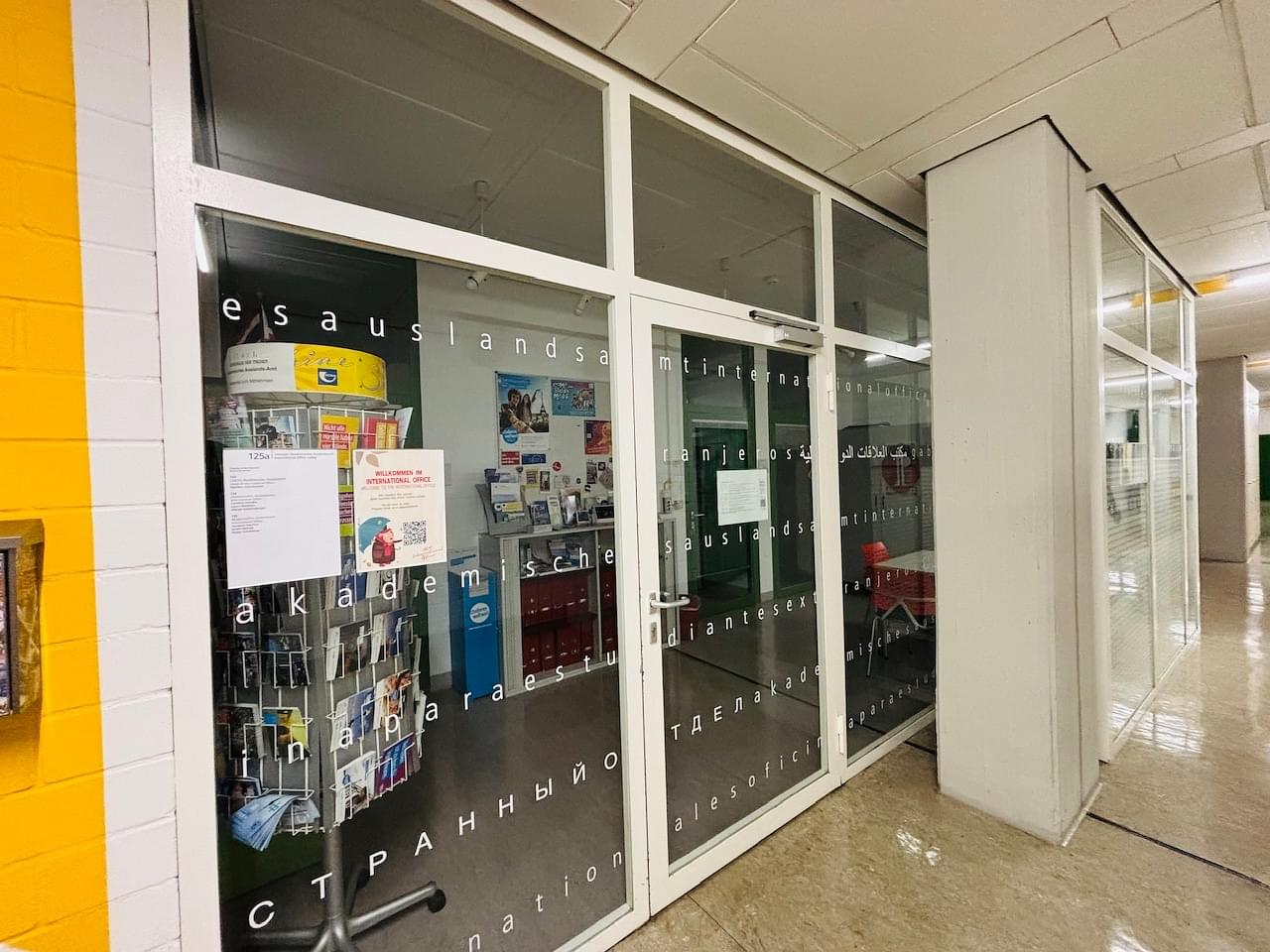

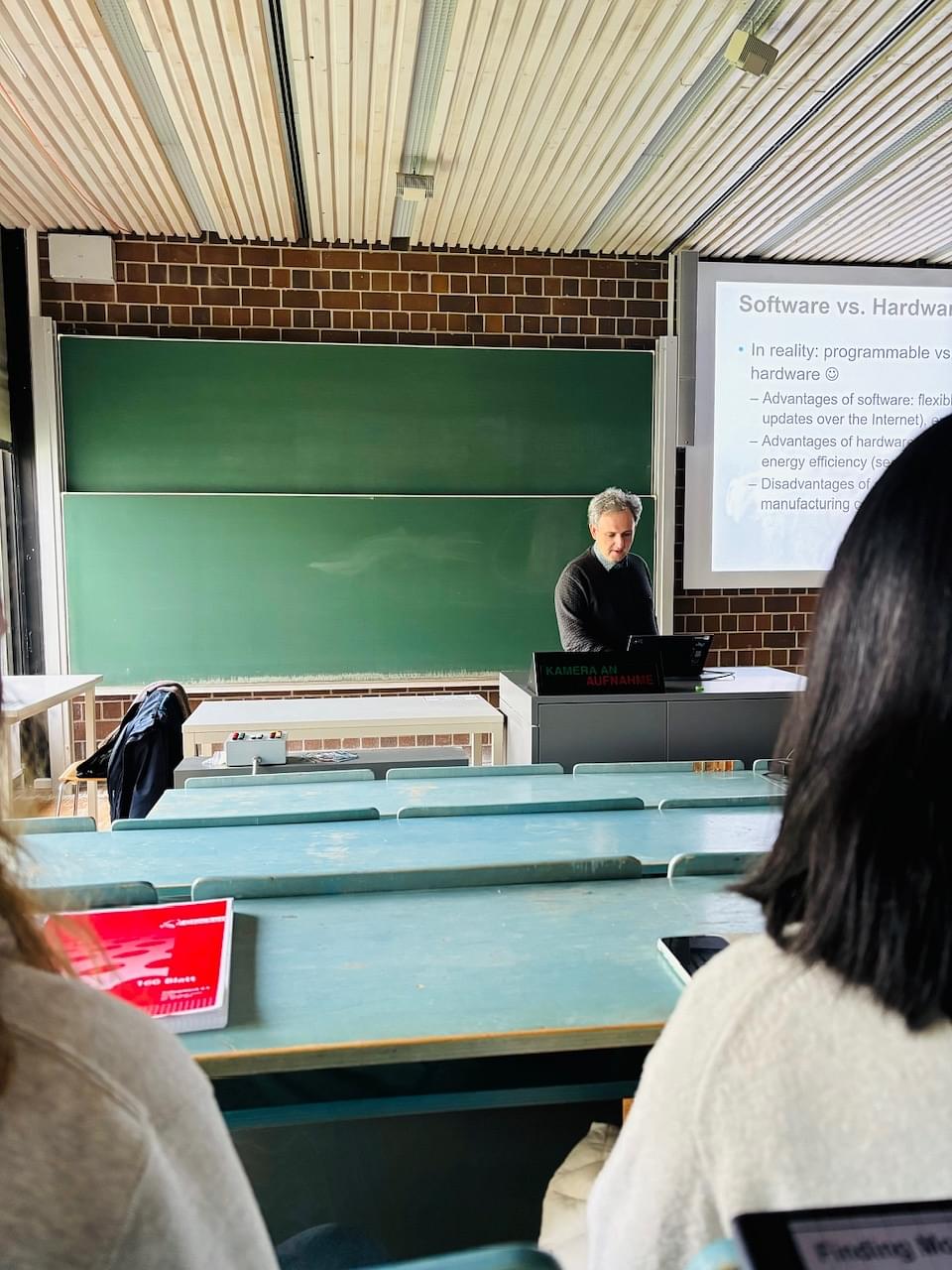

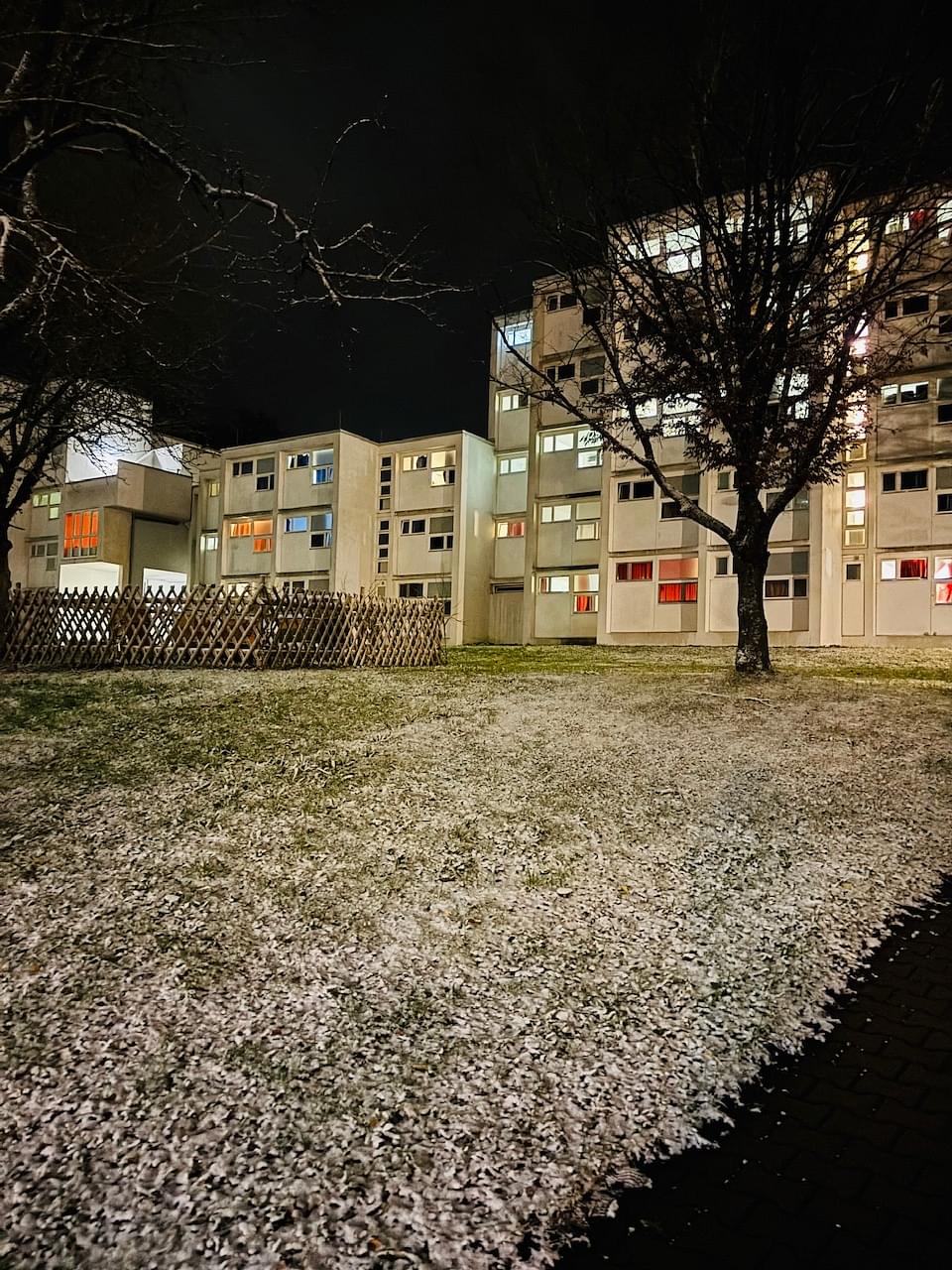
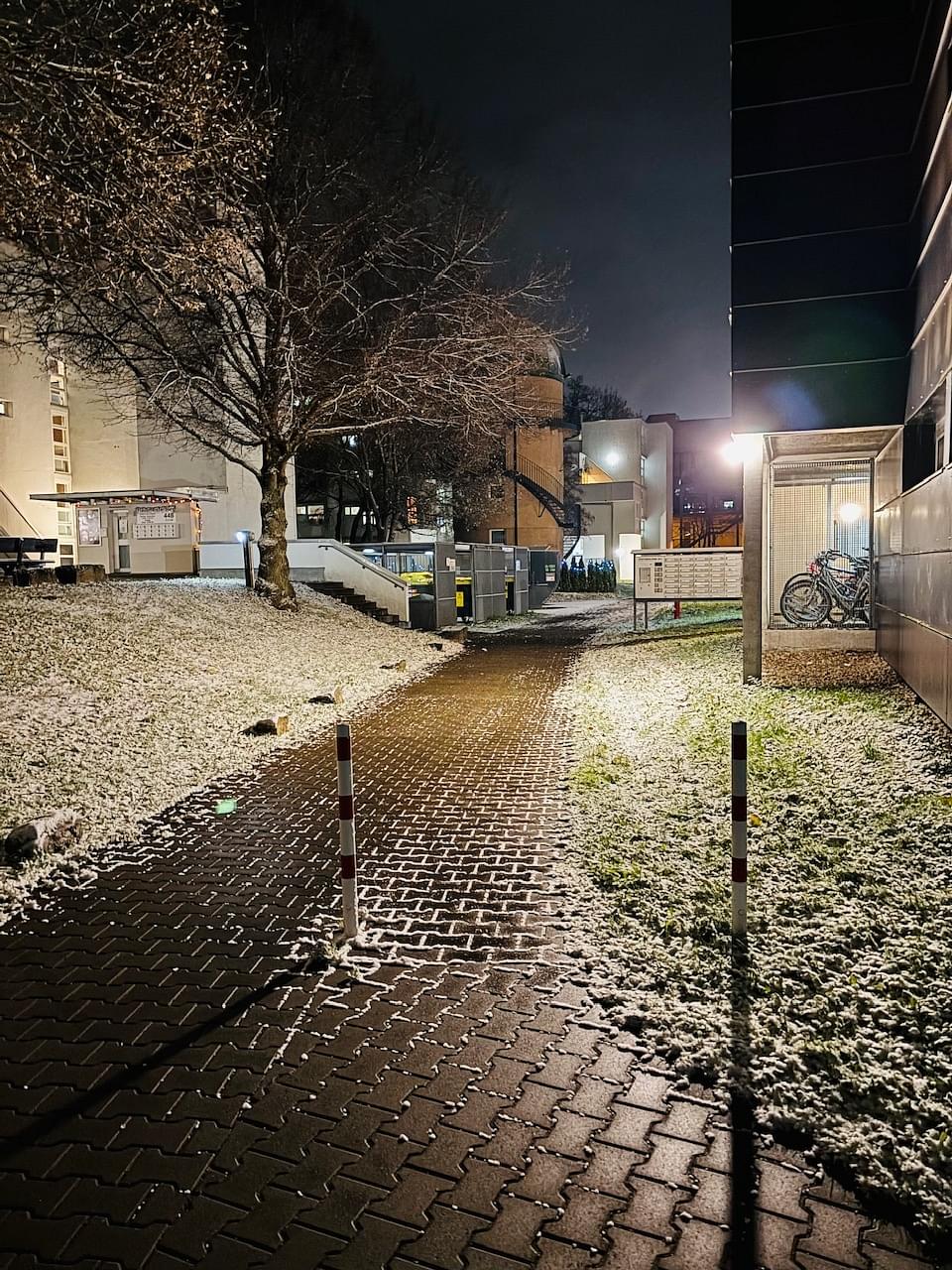
Likes
- There were above 100 electives to choose from
- Flexible course structure: choose electives from CS an EE department
- Content of the each course
Dislikes
- There could have been more hands on projects for each course
- My studies was during covid times, so was a little tough to have a conversation with Professors (un till the lockdown was removed)
- Too much flexibility in the course, can also be a bane as the student might not take it too seriously
Course Curriculum
- The course difficulty depends on the electives you choose. Some require more time and effort to score, whereas others are much easier and also easier to score.
- Most of the electives were theoretical; some of them had course projects. So while selecting the course, make sure you look at the course structure and what its deliverables are.
- There will be around 2-3 classes per day; it mainly depends on the number of electives you choose per semester. You can choose even just 1 or 10; it depends on you.
- We can consider the average number to be around 20-25. There were significant Indian students in my program (not sure abut the number), but around 30-40%
Fees
- The Full Fees during my studies was 1700 Euro per semester
- It included semester fees (~1500) and other charges.
- This payment also included student travel ticket (using which you could travel free after 6pm)
- The cost of the Hostel(Dorm) was 330 Euro per month (it started with 280 euro but was later increased)
- The Monthly Expense was around 150 - 190 Euro (groceries, hotel and other basic stuff)
- Health Insurance: 130 Euro (it is mandatory)


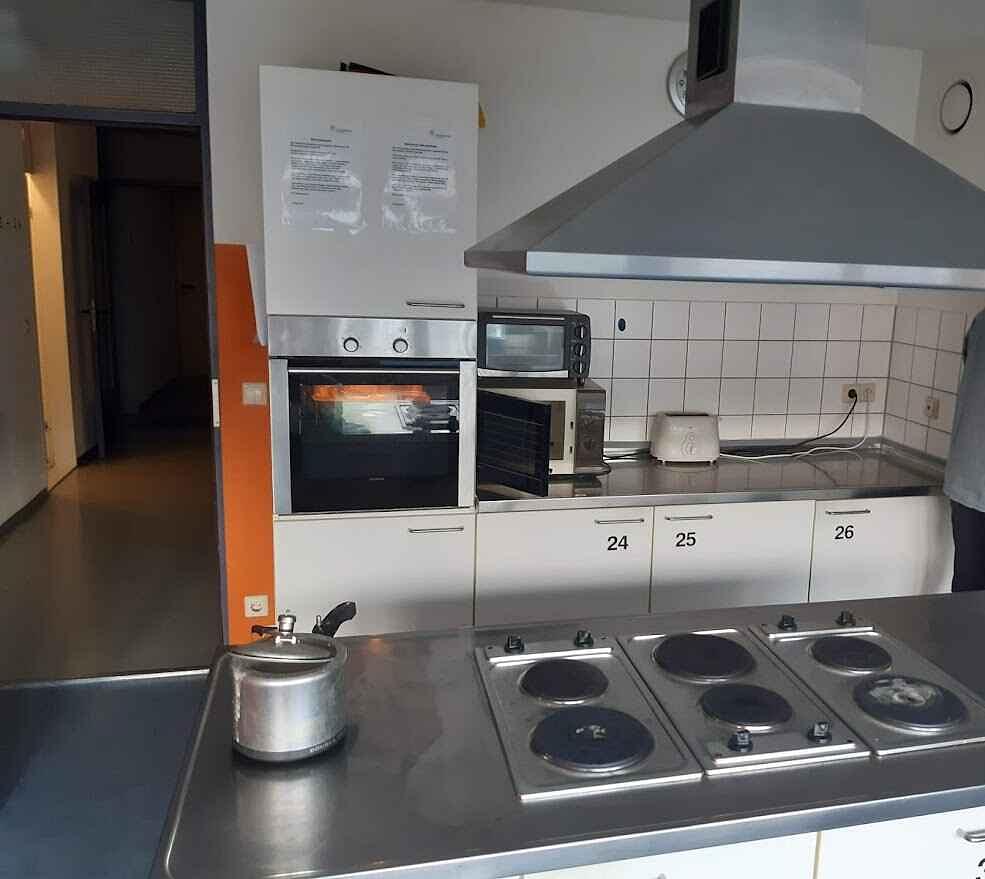
Likes
- Freedom/Choice of courses. For Computer Science (International - English) course, students have tens of choices of different subjects and three technical lines to follow. It all depends on the student
- Freedom to work and complete their course. Students can complete their course in minimum of 2 years or a maximum of 4.5 years.
- Most of professors are helpful and very knowledgable. Students can personally get in touch with them, and genuine effort is appreciated.
Dislikes
- Social Life - Difficult to make friends or have an interesting social life if you don't have a grasp on German.
- Weather - Very very difficult to stay positive in dark winters. It gets very cold and very dark in winters, and is very tough mentally - Proactively stay active and take a lot of Vitamin D.
- Healthcare - Healthcare in general in Germany can be tough especially if you have chronic diseases with a shortage of doctors and specialists.
Course Curriculum
- Difficulty level depends on the choice of courses. There are technically difficult courses. Students who want to pursue research in the future can pursue more theoretical courses and students who are more interested in pursuing jobs after their studies can pursue more practical courses.
- Schedules of classes are extremely dynamic and based on student choices. There can be conflicts between 2 courses based on the choices. In that case, one has to drop one of the courses if it is mandatory to come to the class, especially exercise or practical courses. Number of classes in a day can vary from 0 to 6 based on what the student chooses.
- Average number of students – varies from course to course. Some courses can be extremely popular and can be attended by not only computer science students but students from other groups as well. I was in the Computer Science – October 2022 batch.
Fees
- Semester Fees (Every 6 months)—1500 tuition fees + 160-200 euros of administration fees
- Monthly Expenses:
- 350 Euros - Rent
- 135 Euros - Health Insurance
- 38 Euros – Deutschland Ticket – Transport
- 150-200 Euros - Groceries
- 50 Euros - Miscellaneous
- Total Expenses Around 750-800 Euros
- Students can easily work and study together to balance out the expenses.
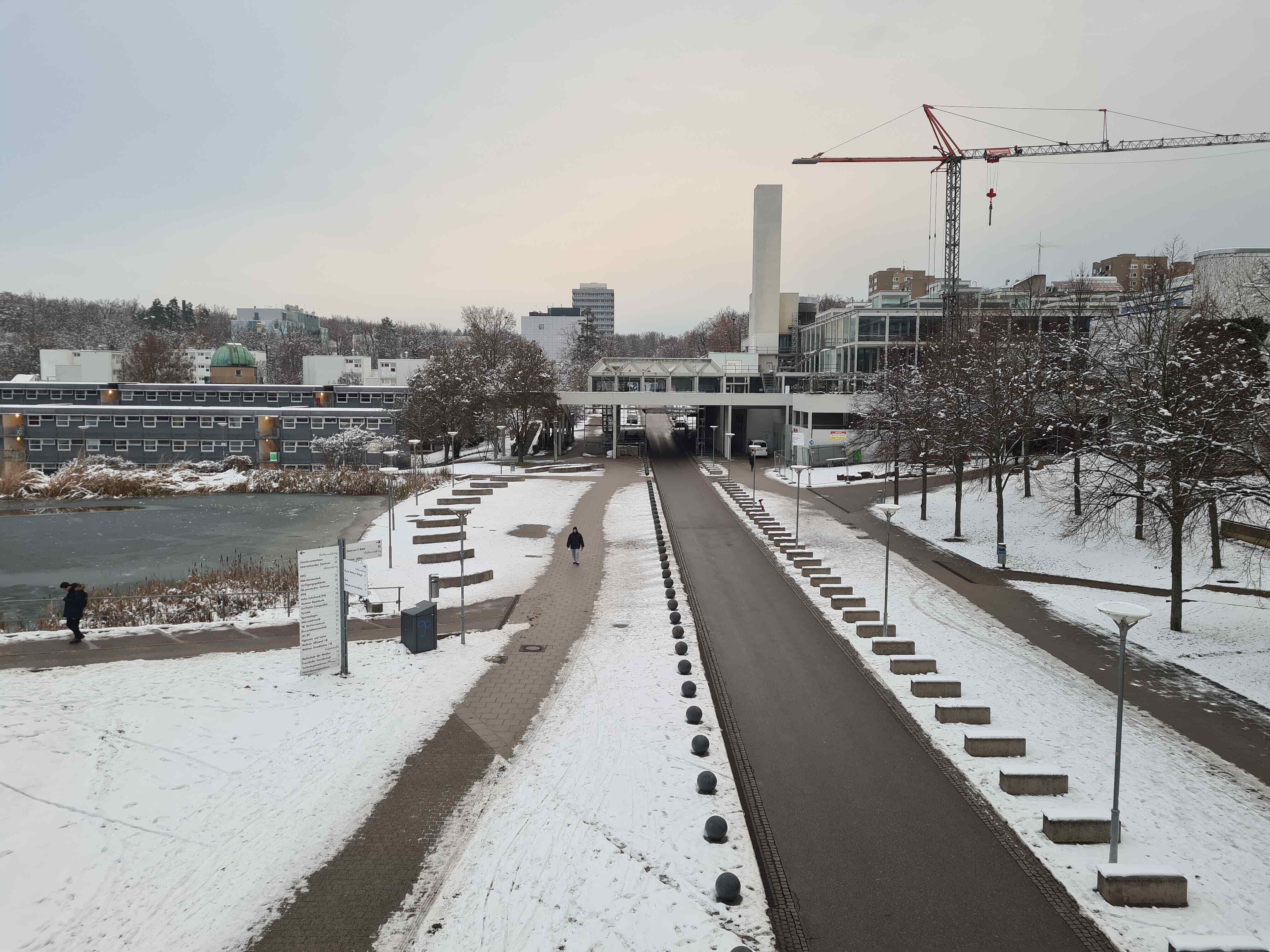

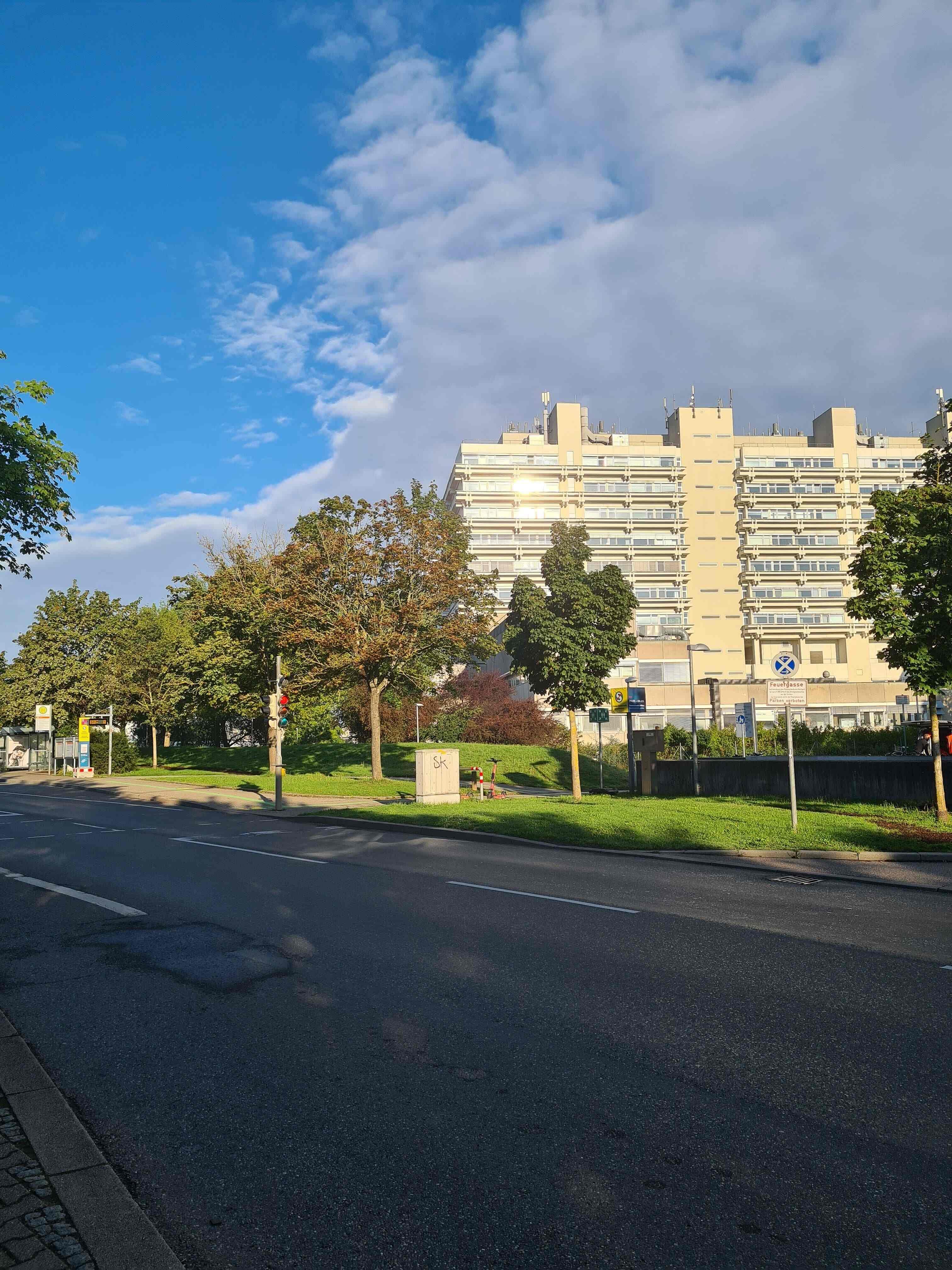
 - Souptik Majumdar (1).jpeg)
 - Souptik Majumdar.jpeg)
 - Souptik Majumdar.jpeg)
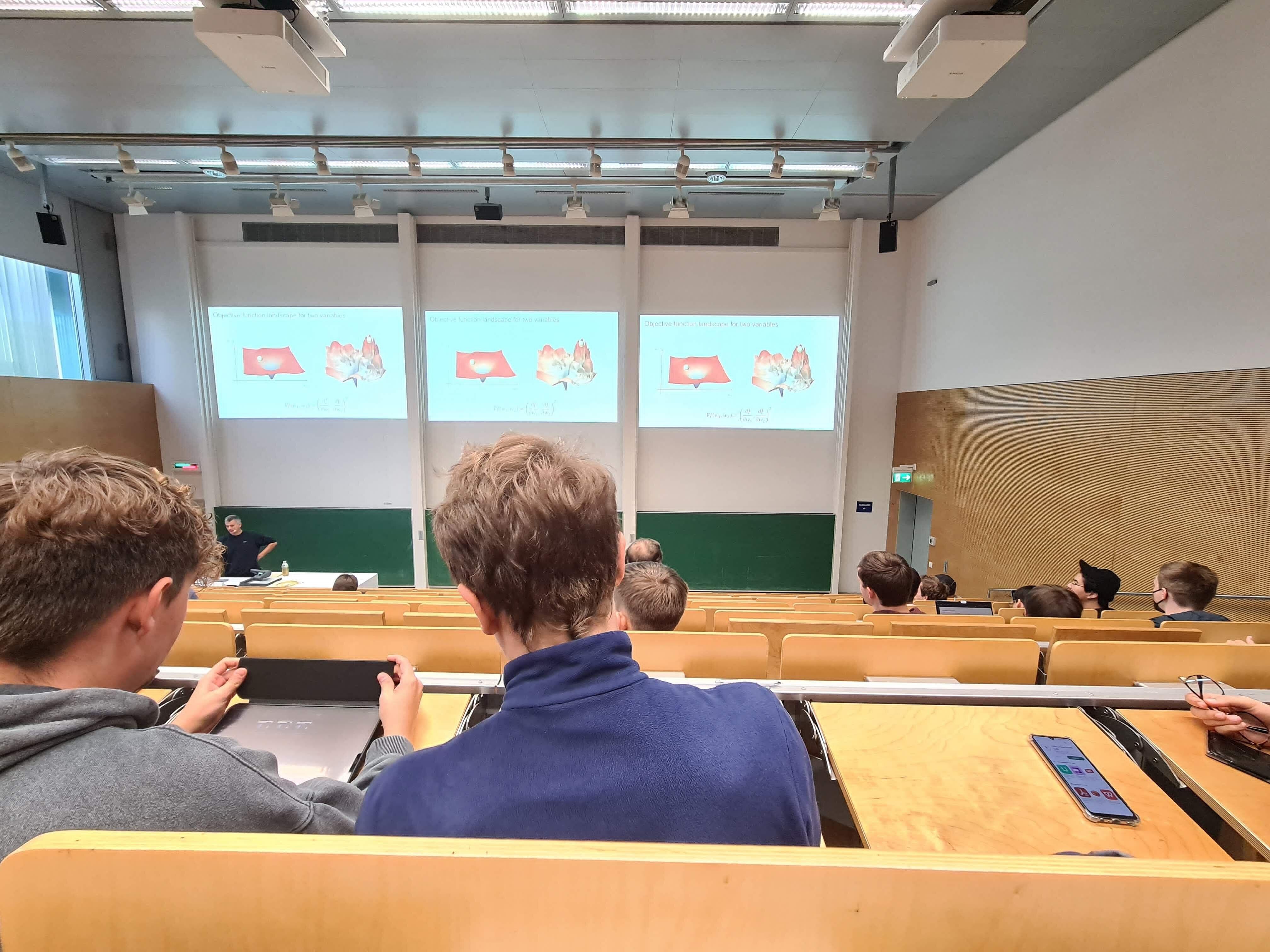

 - Souptik Majumdar.jpeg)
 - Souptik Majumdar.jpeg)
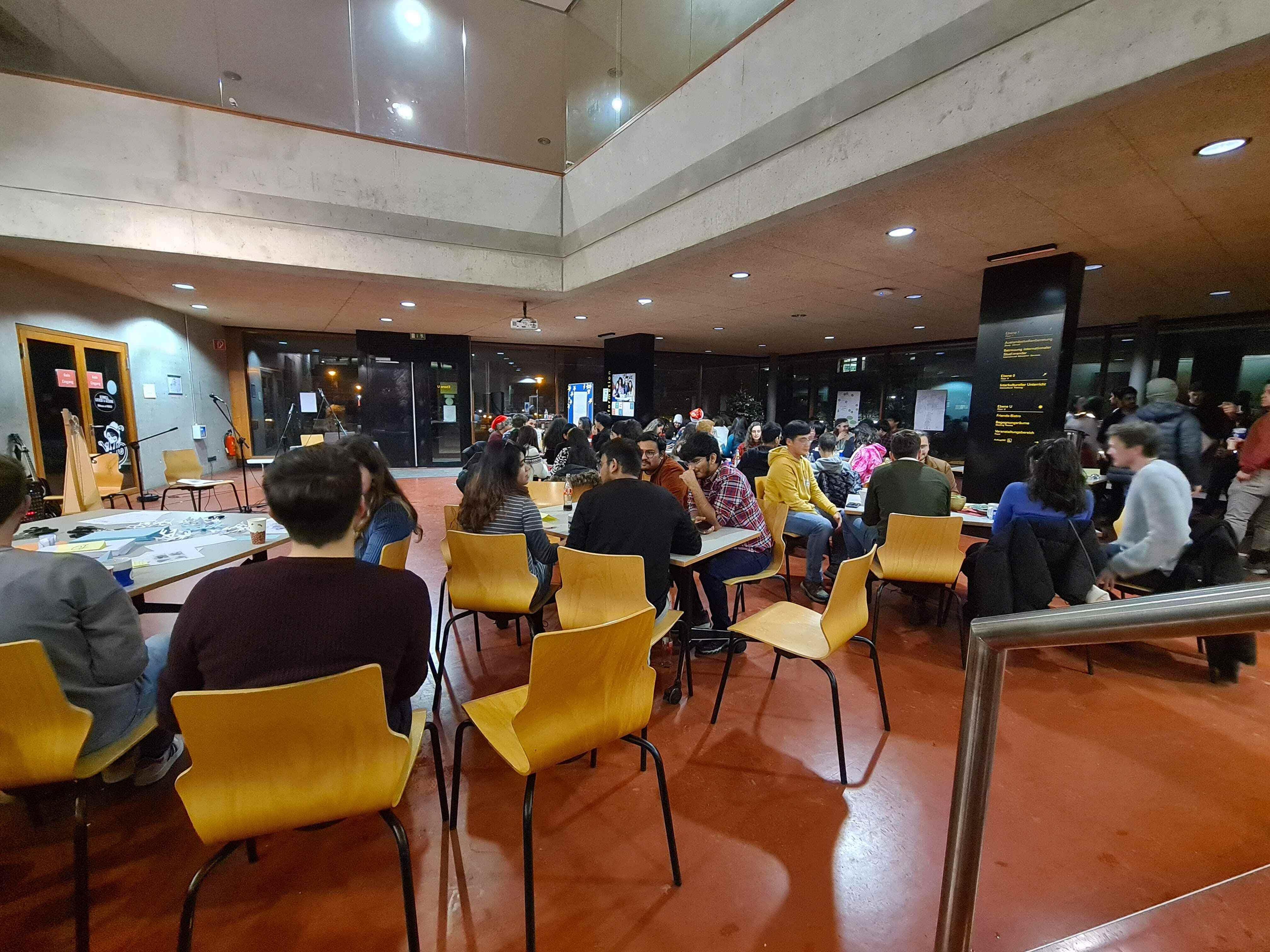
 - Souptik Majumdar.jpeg)







Comments